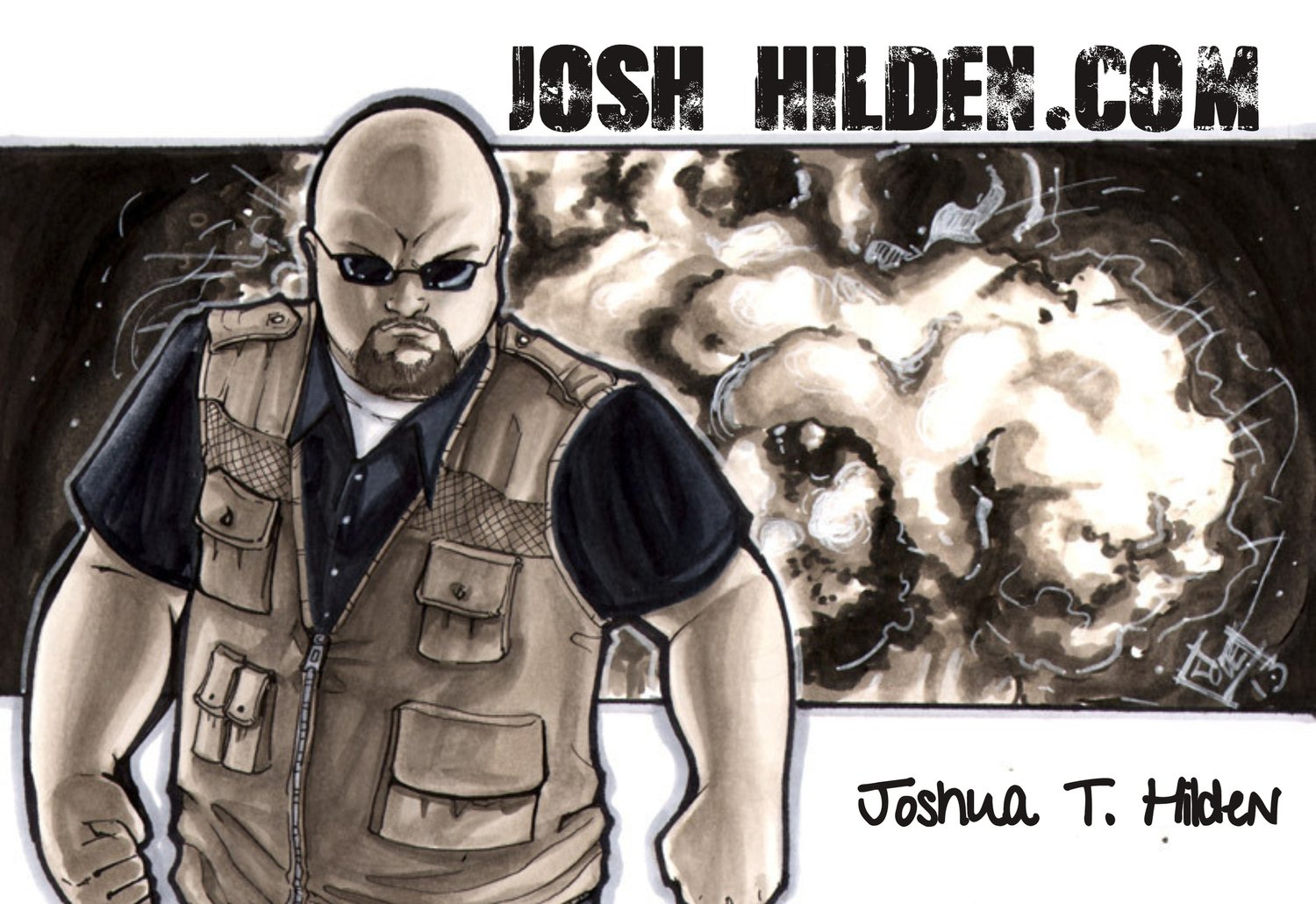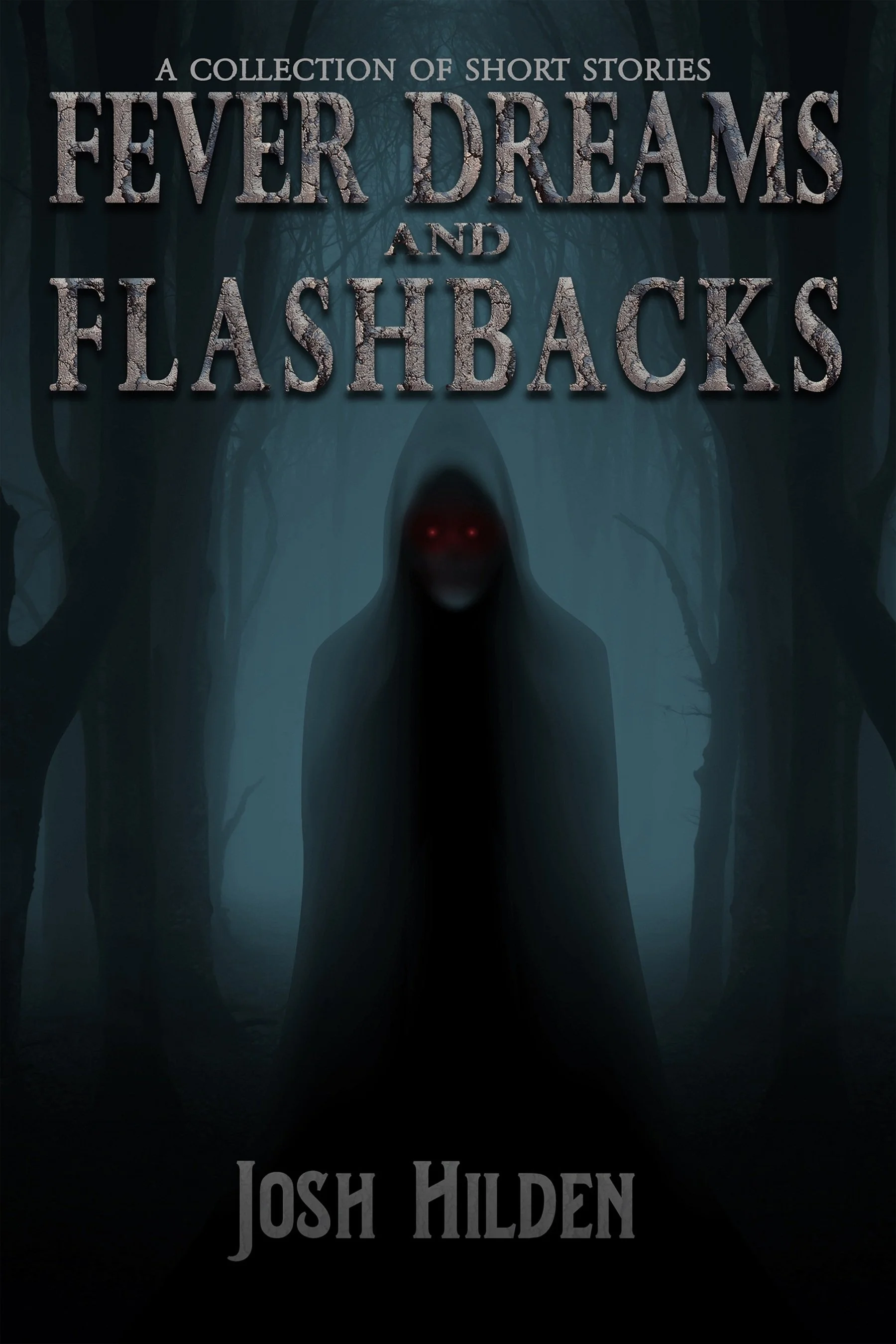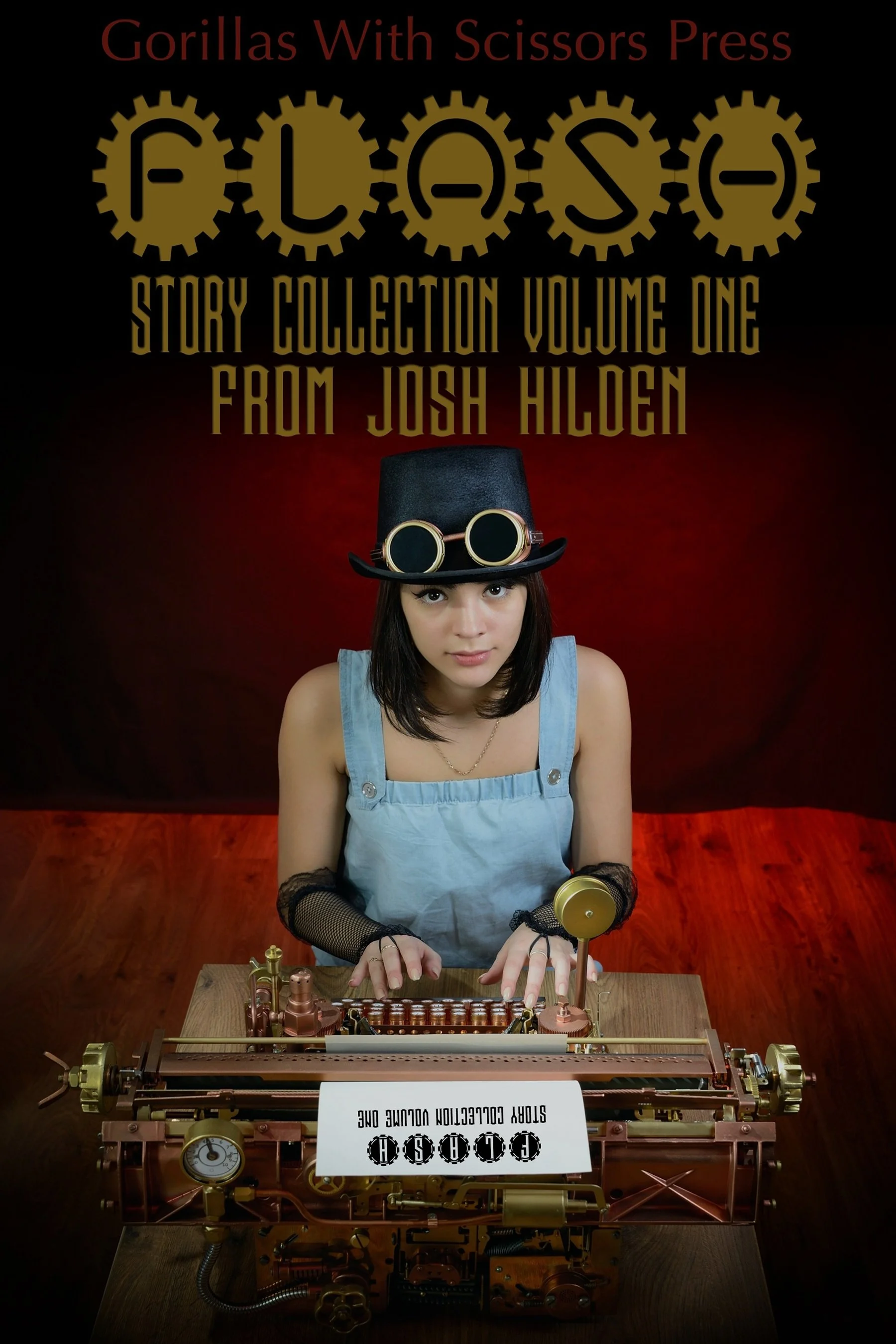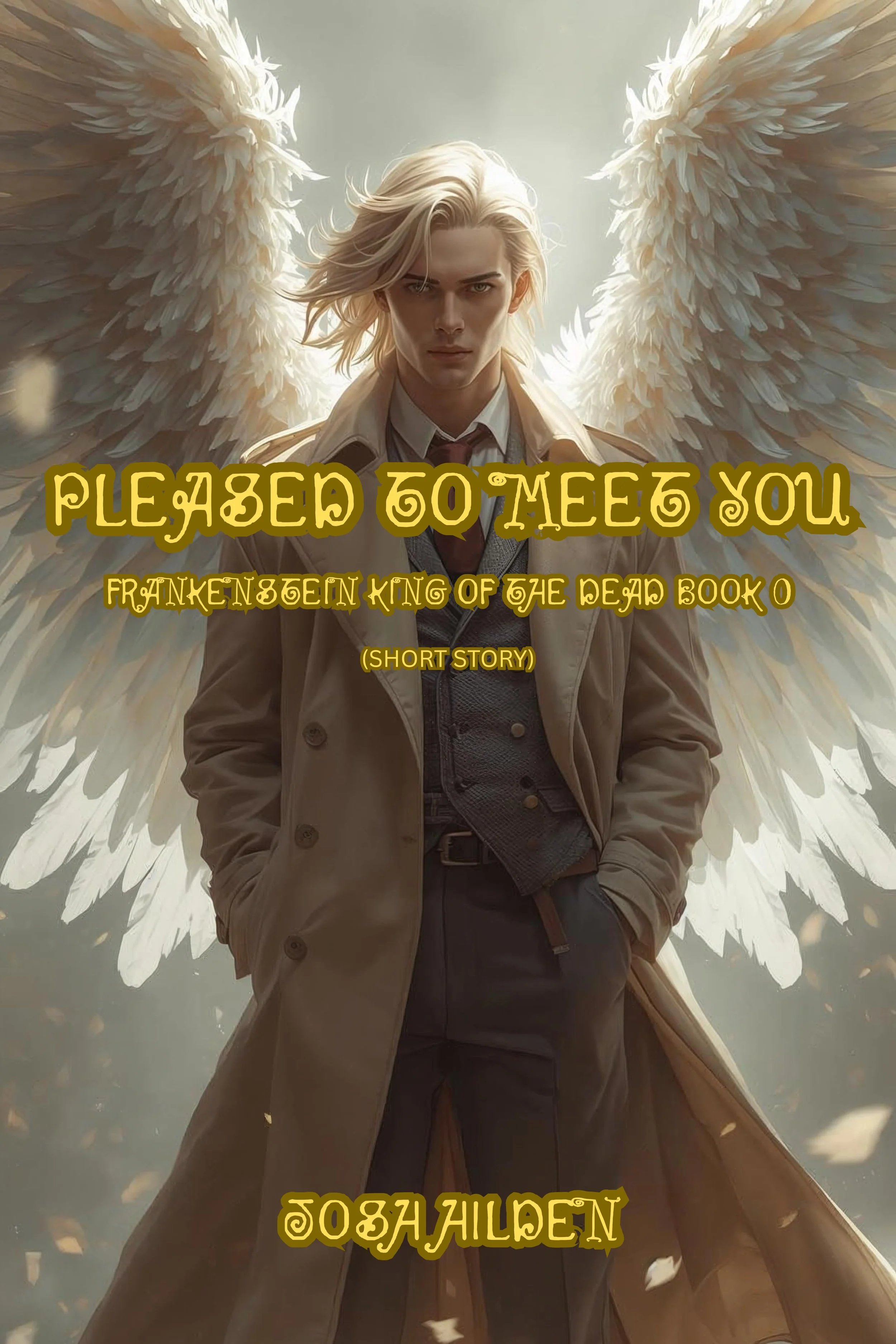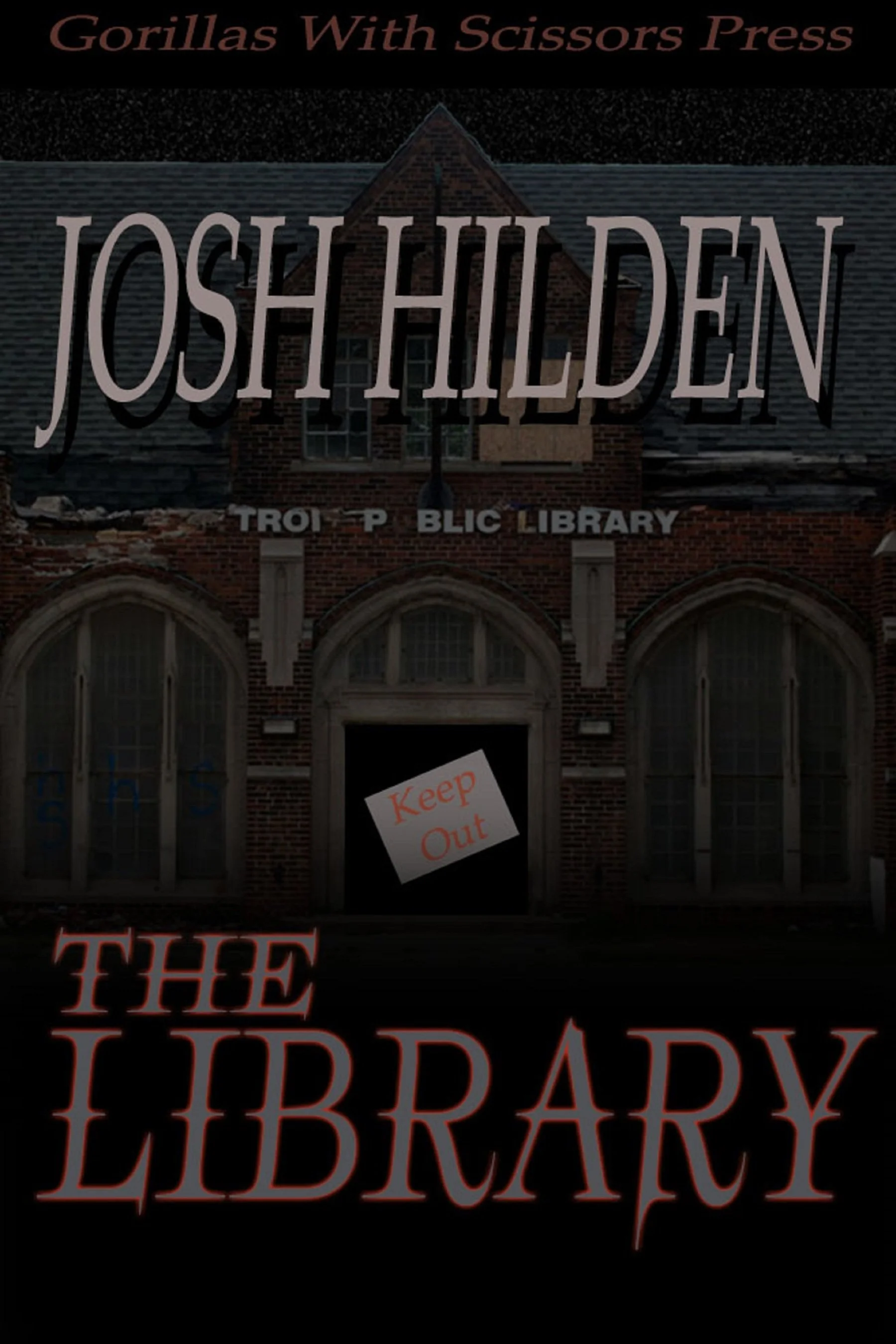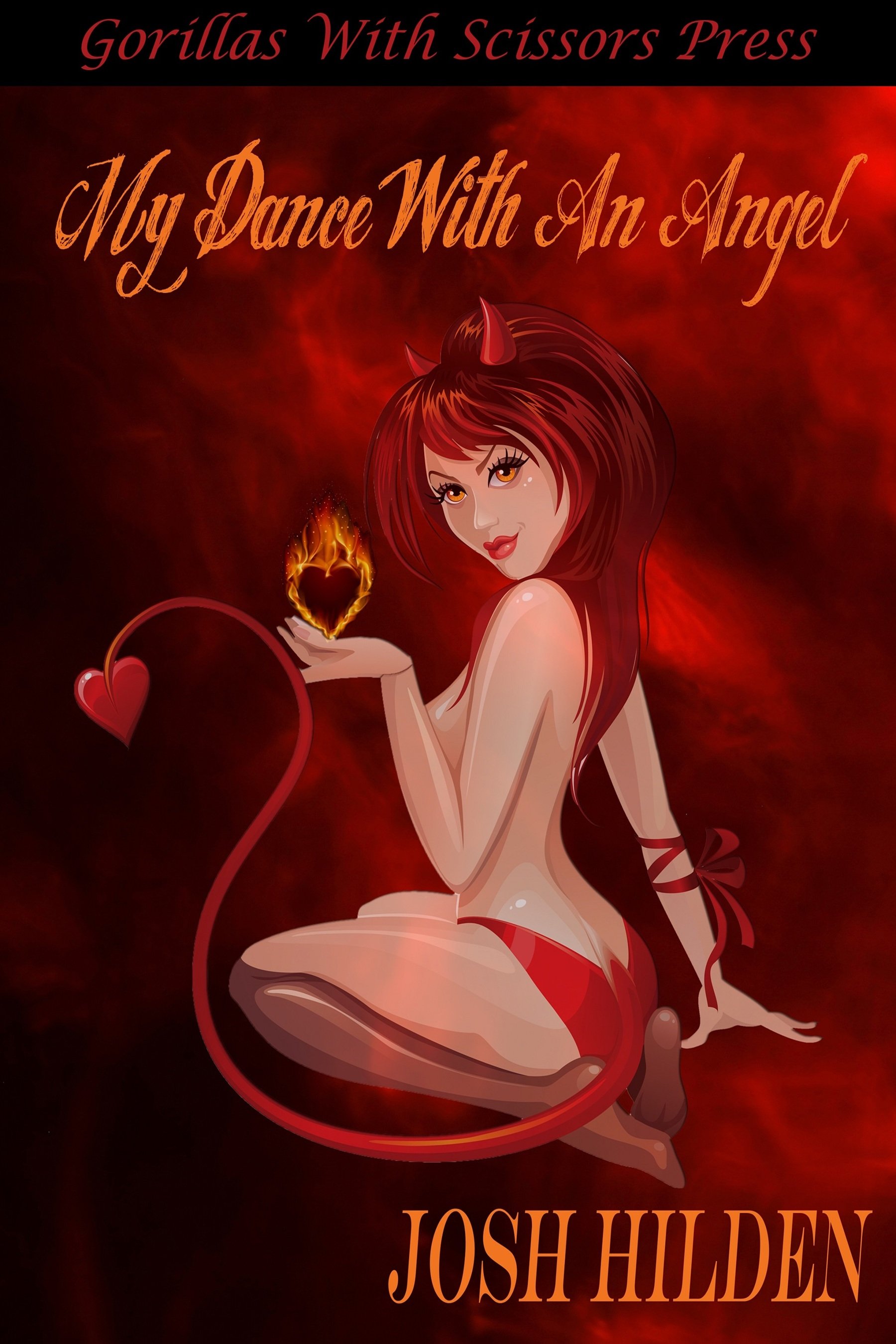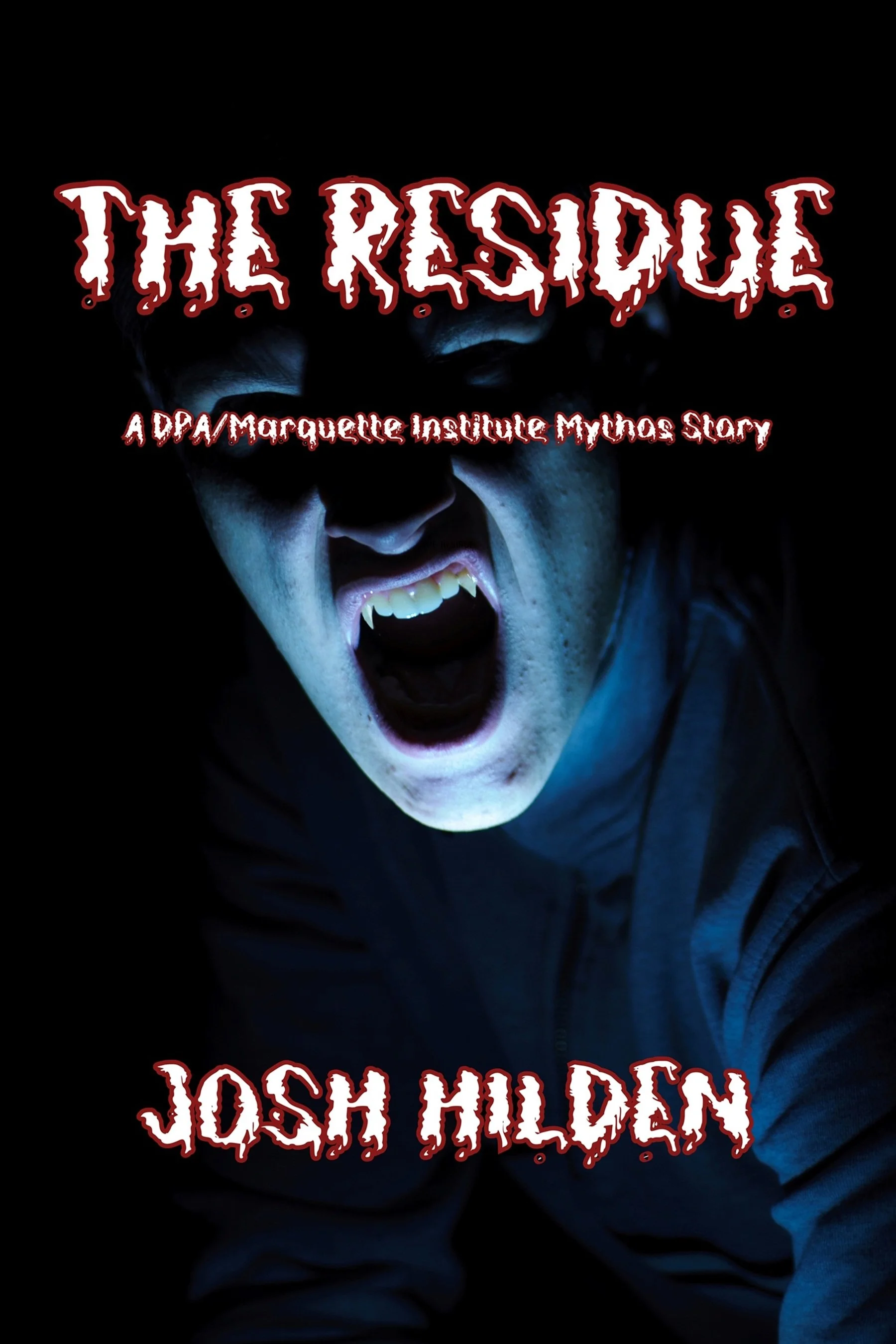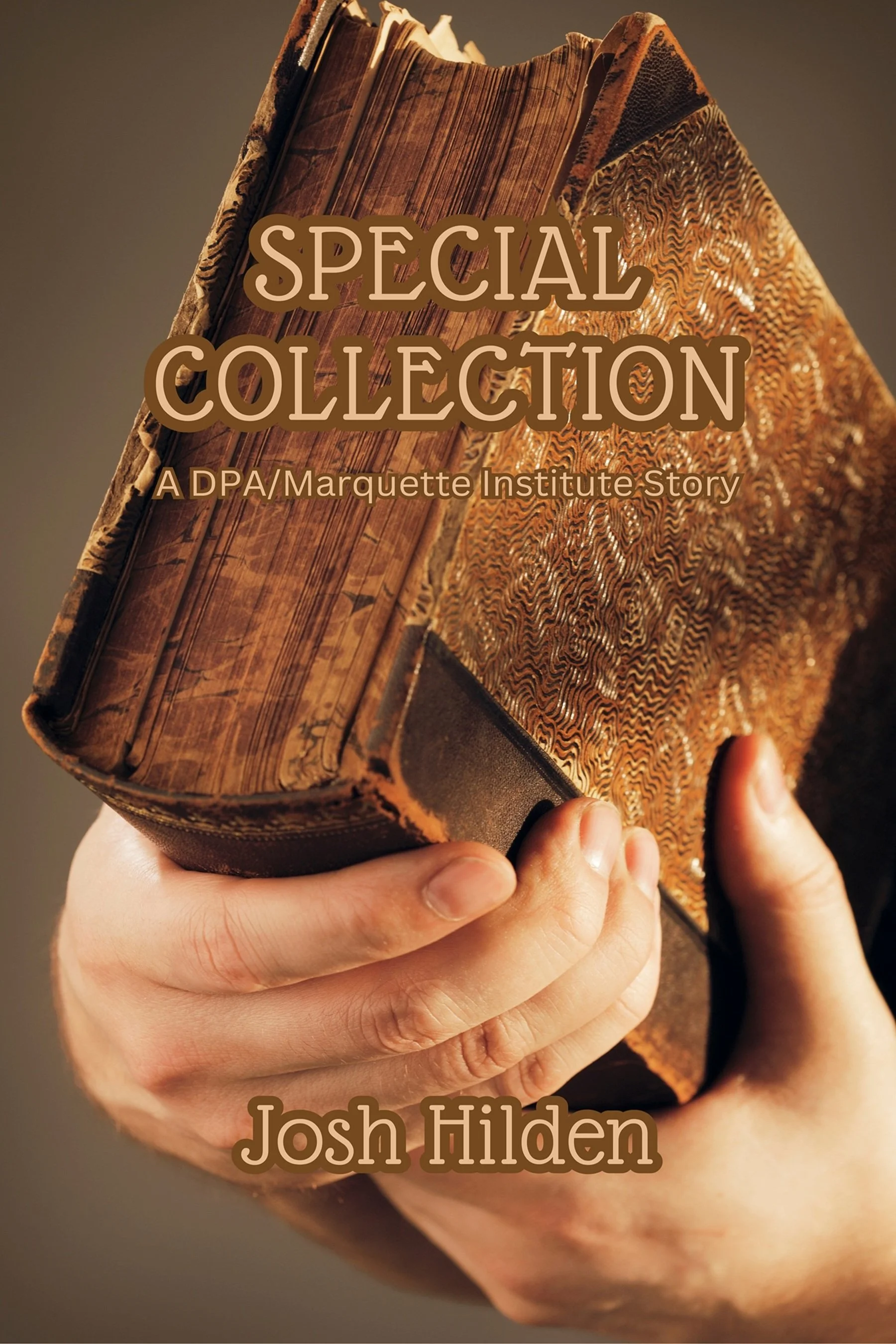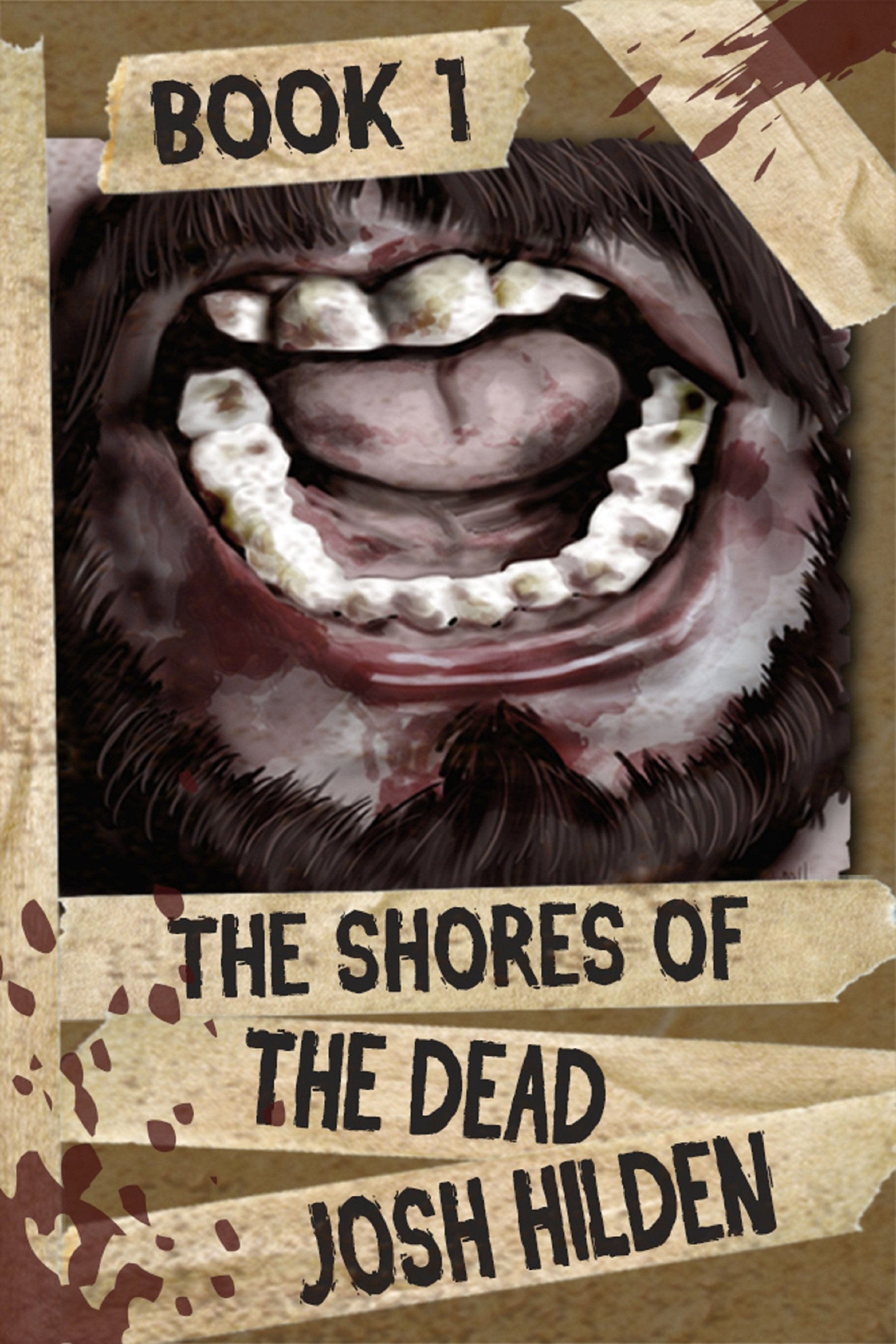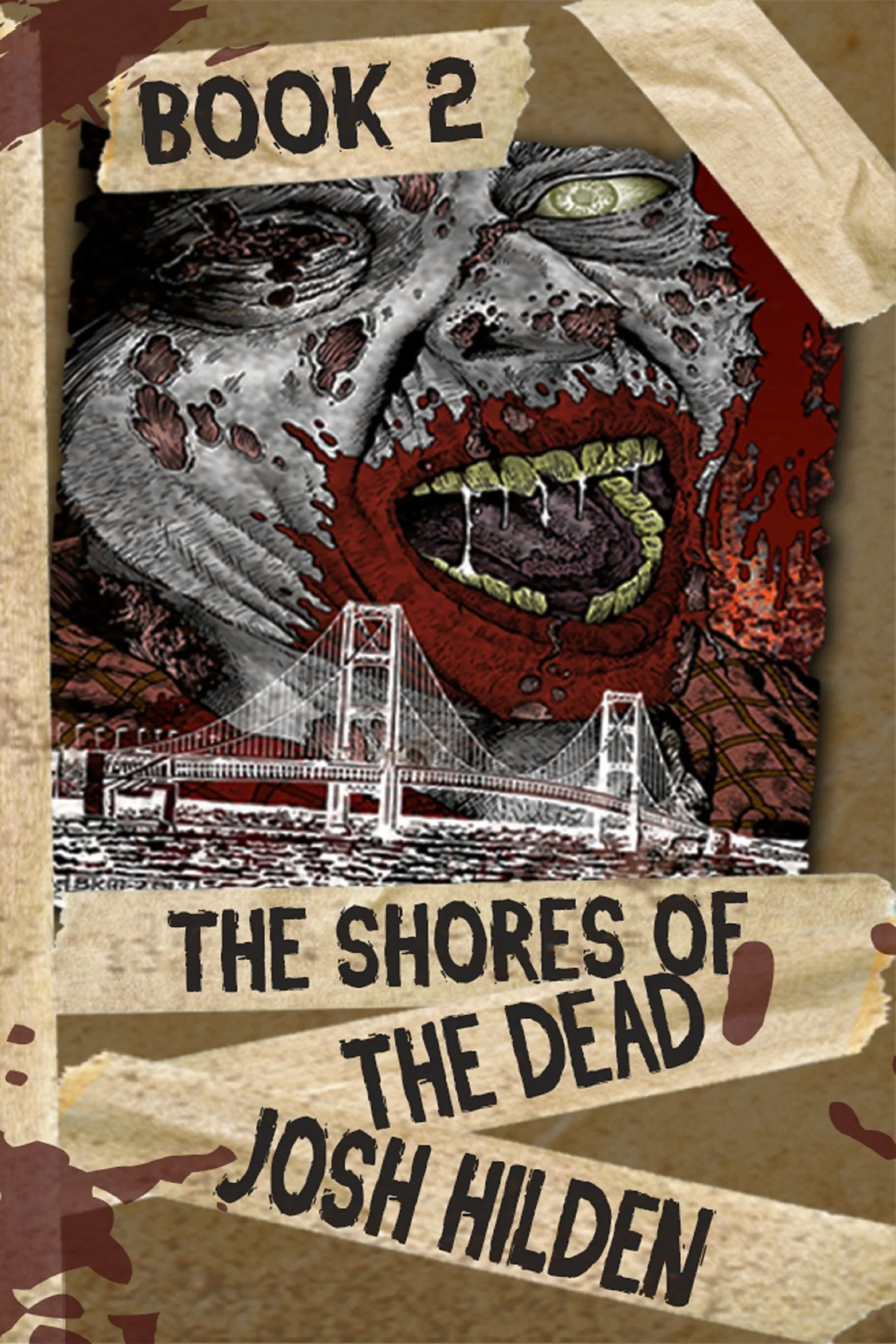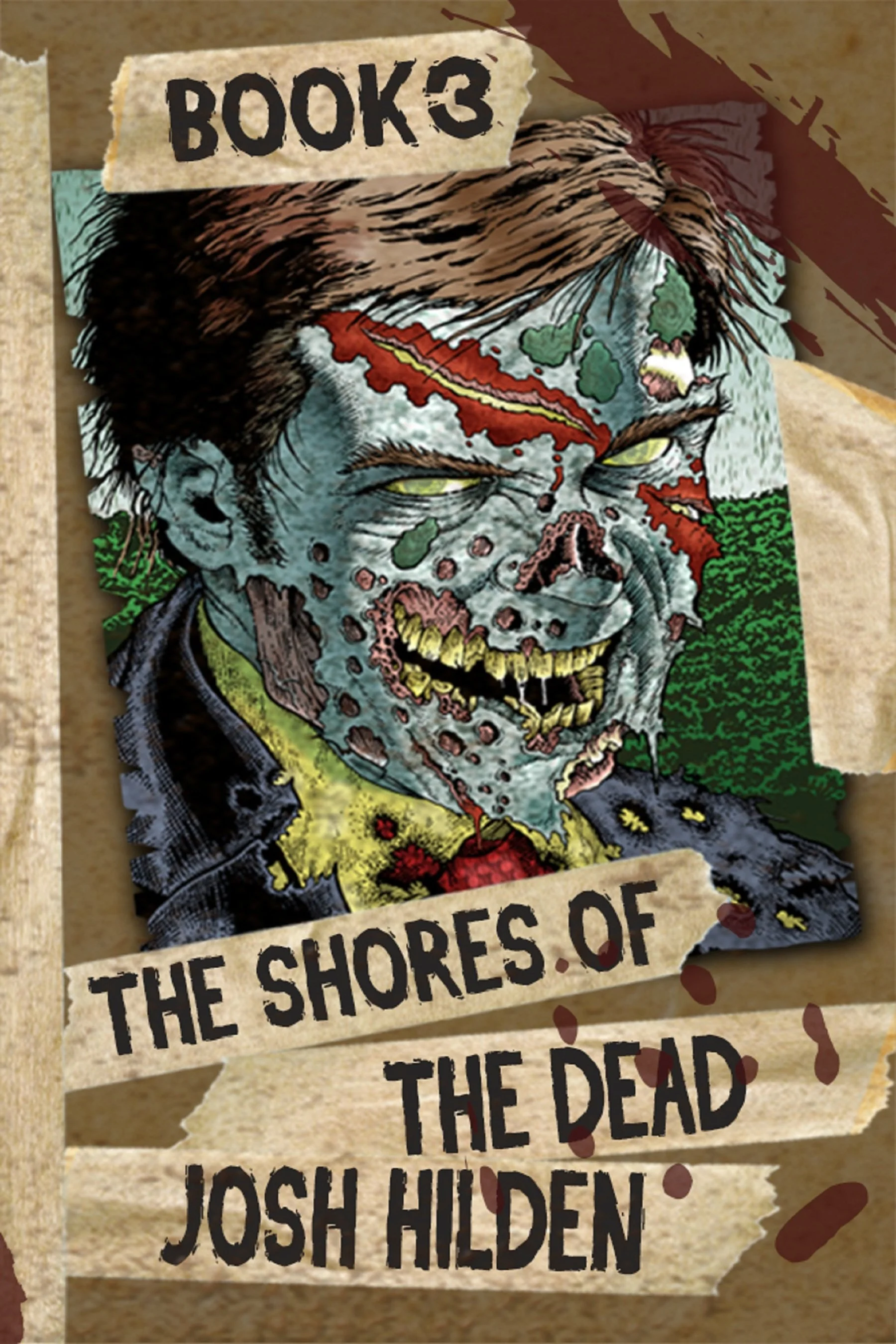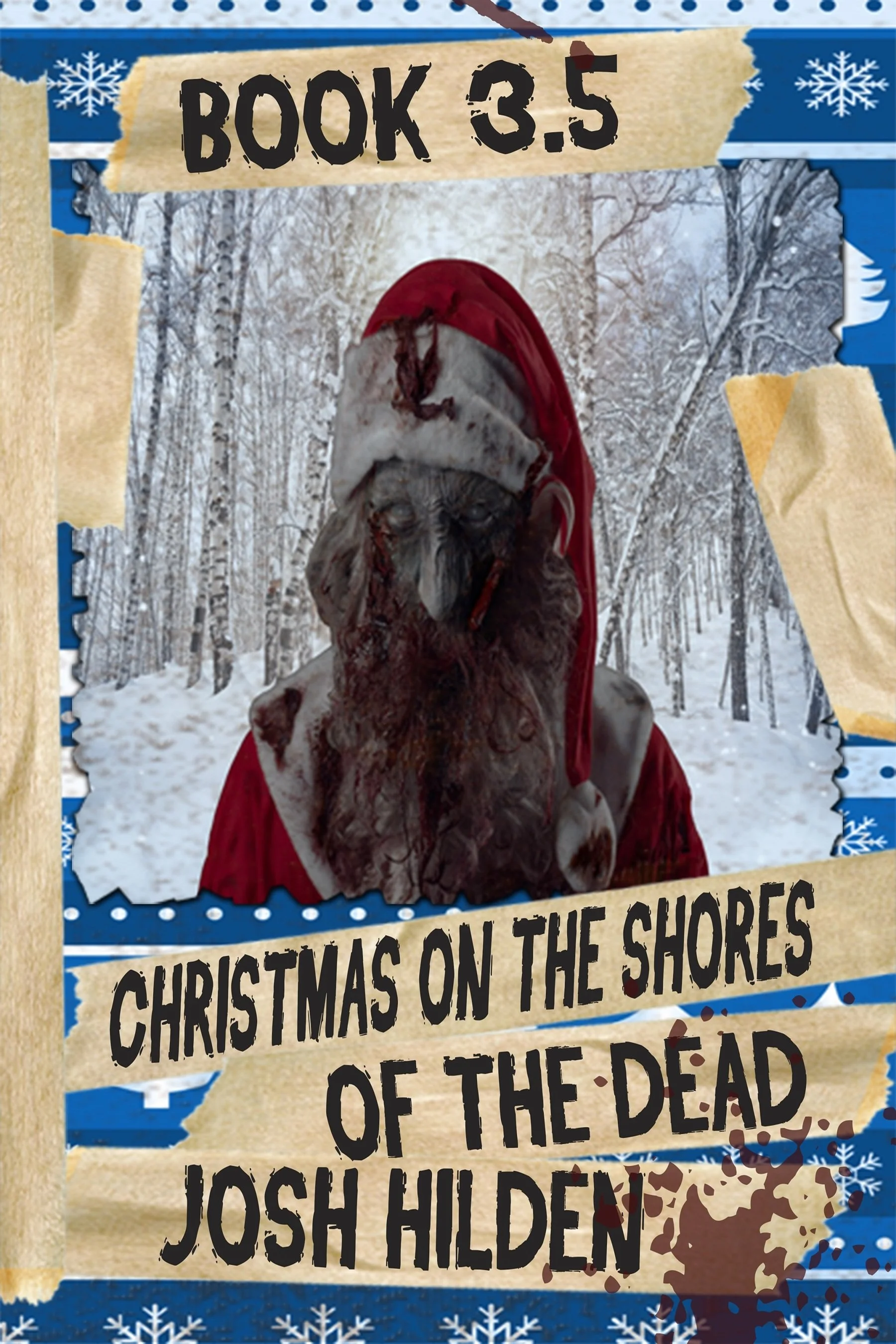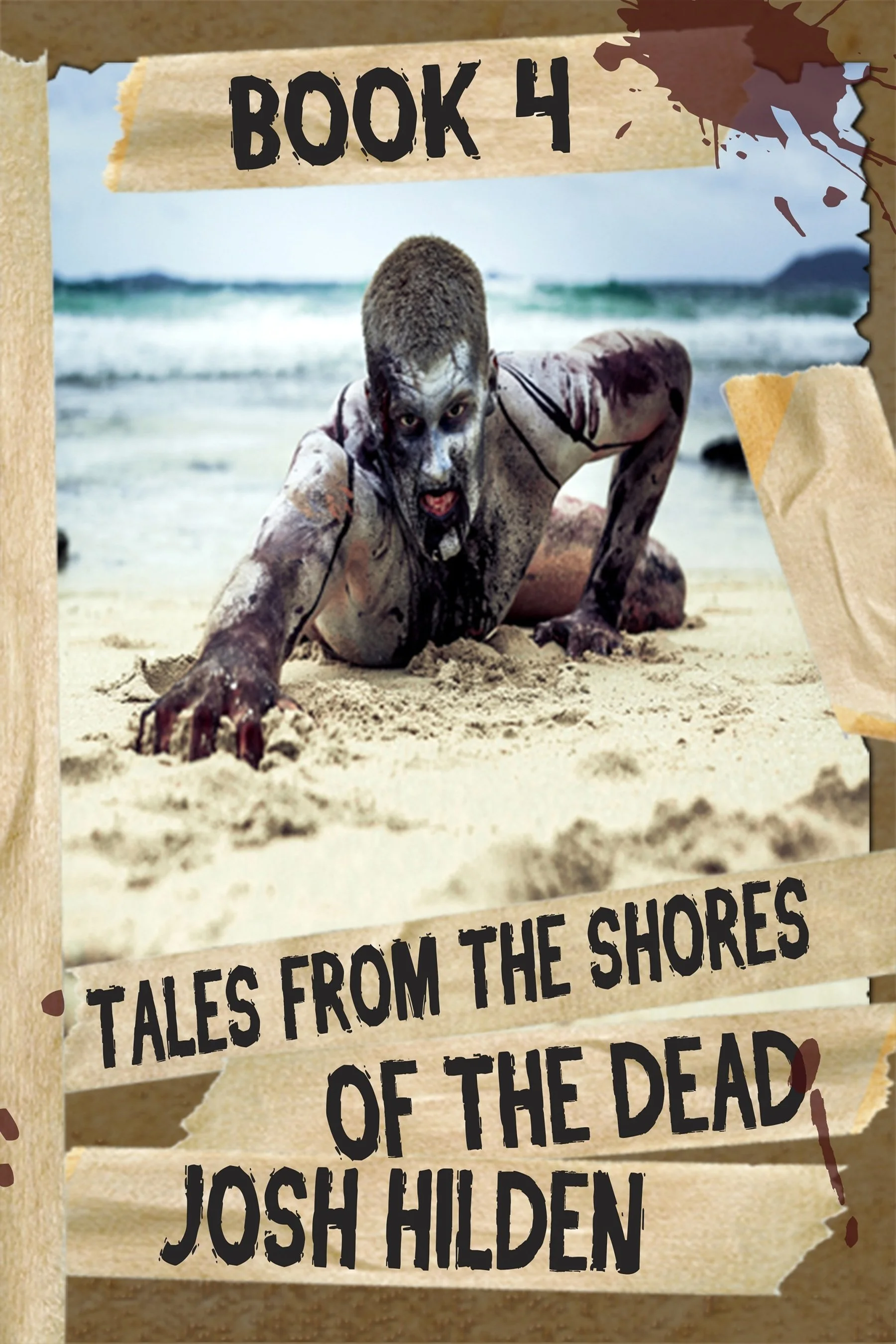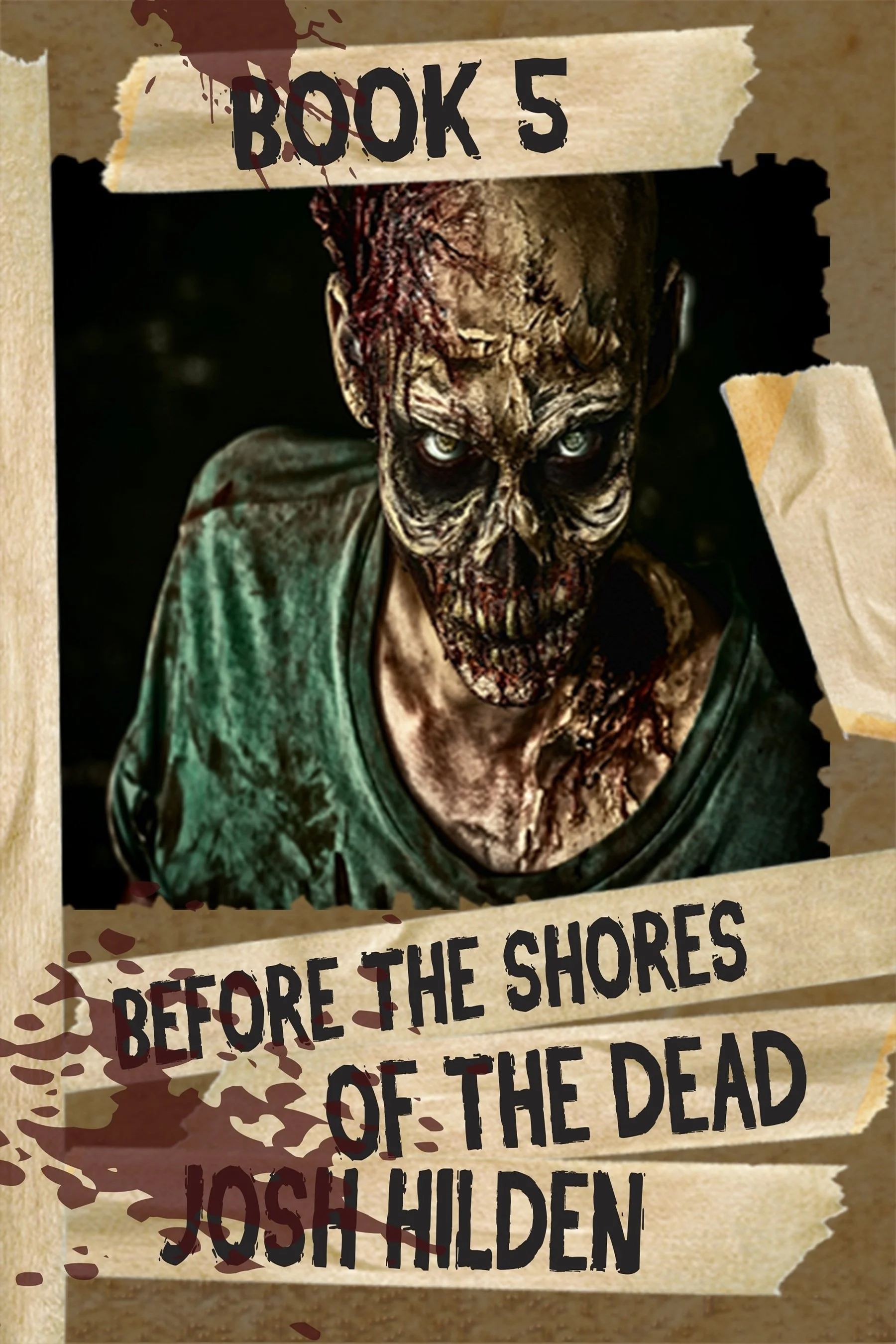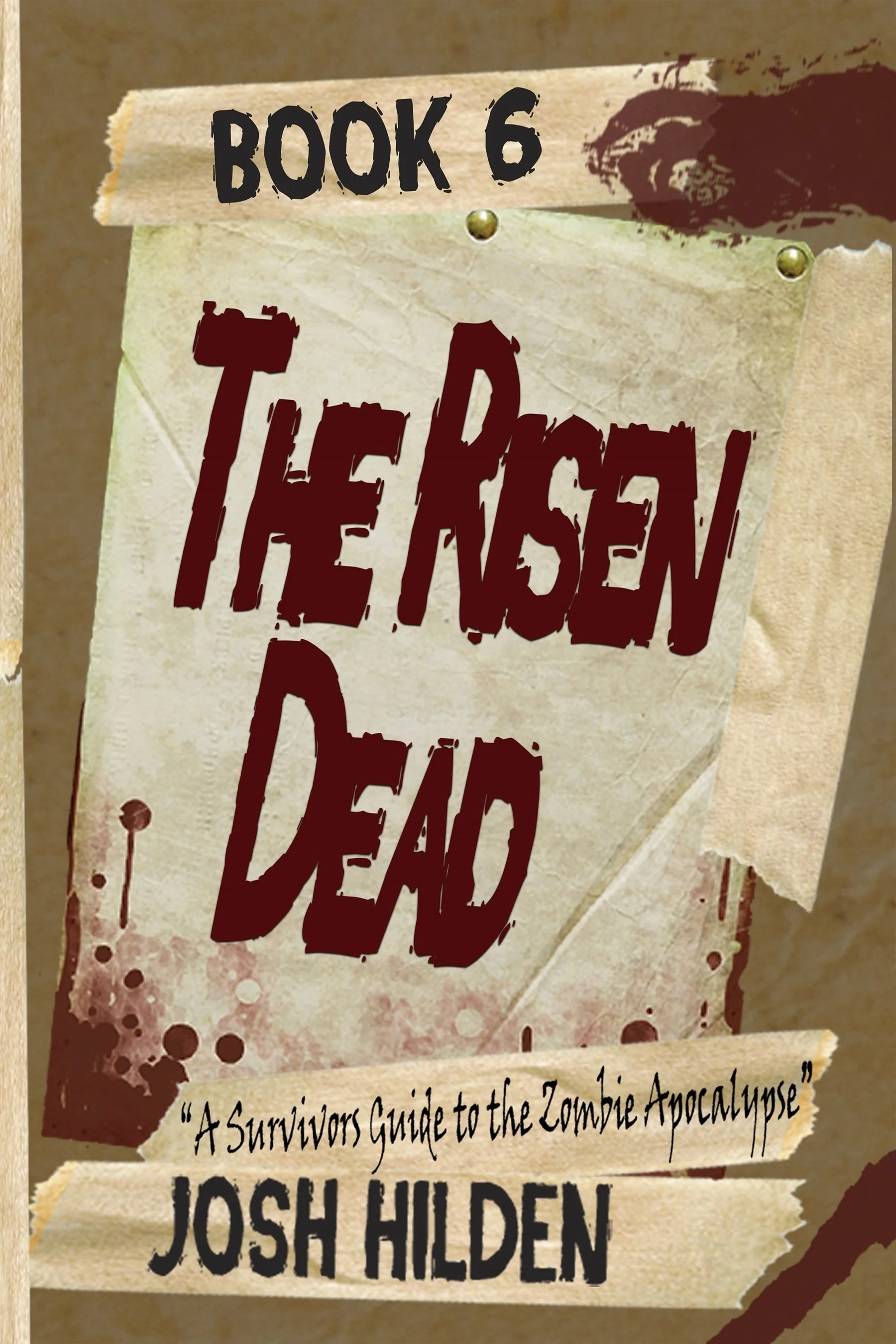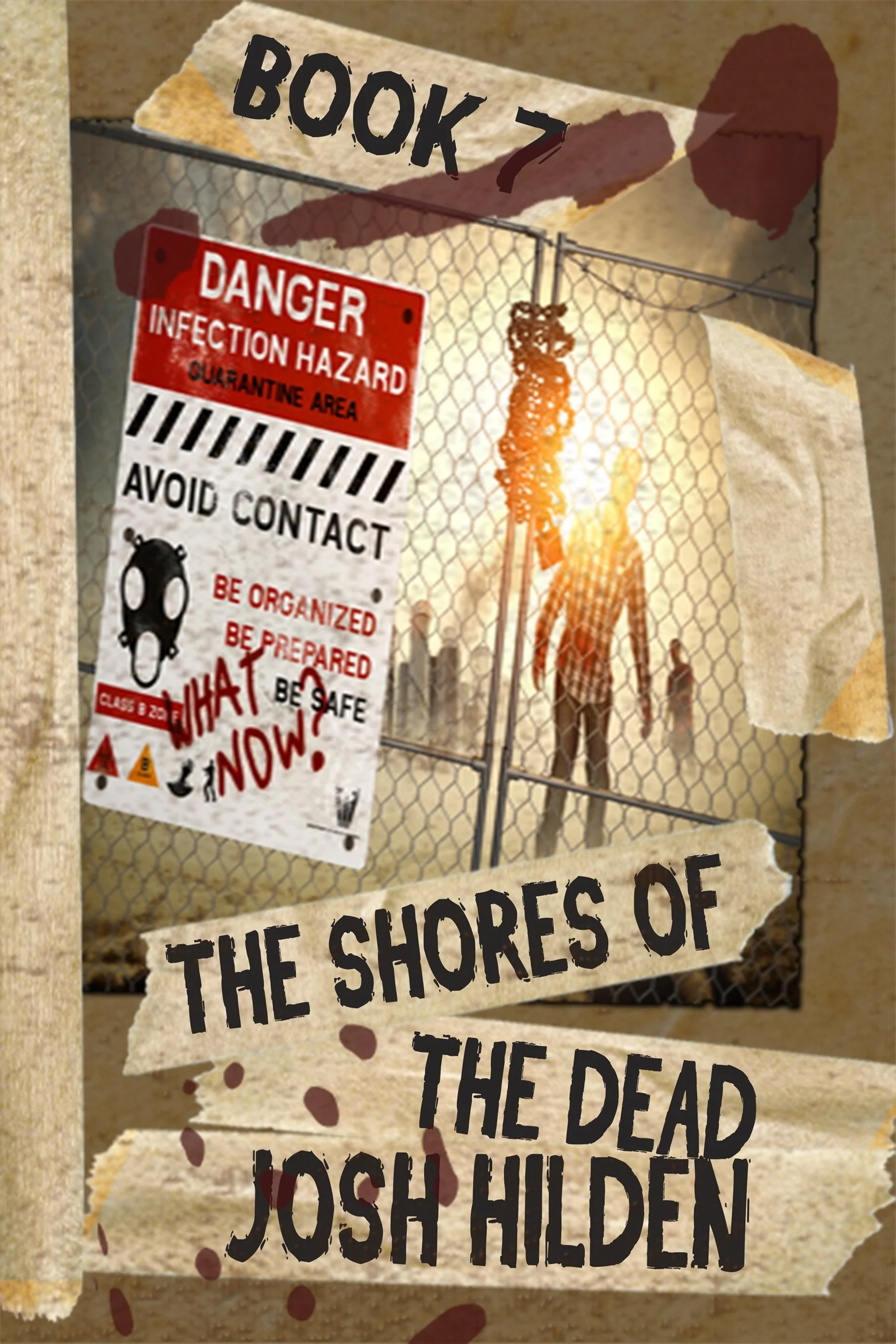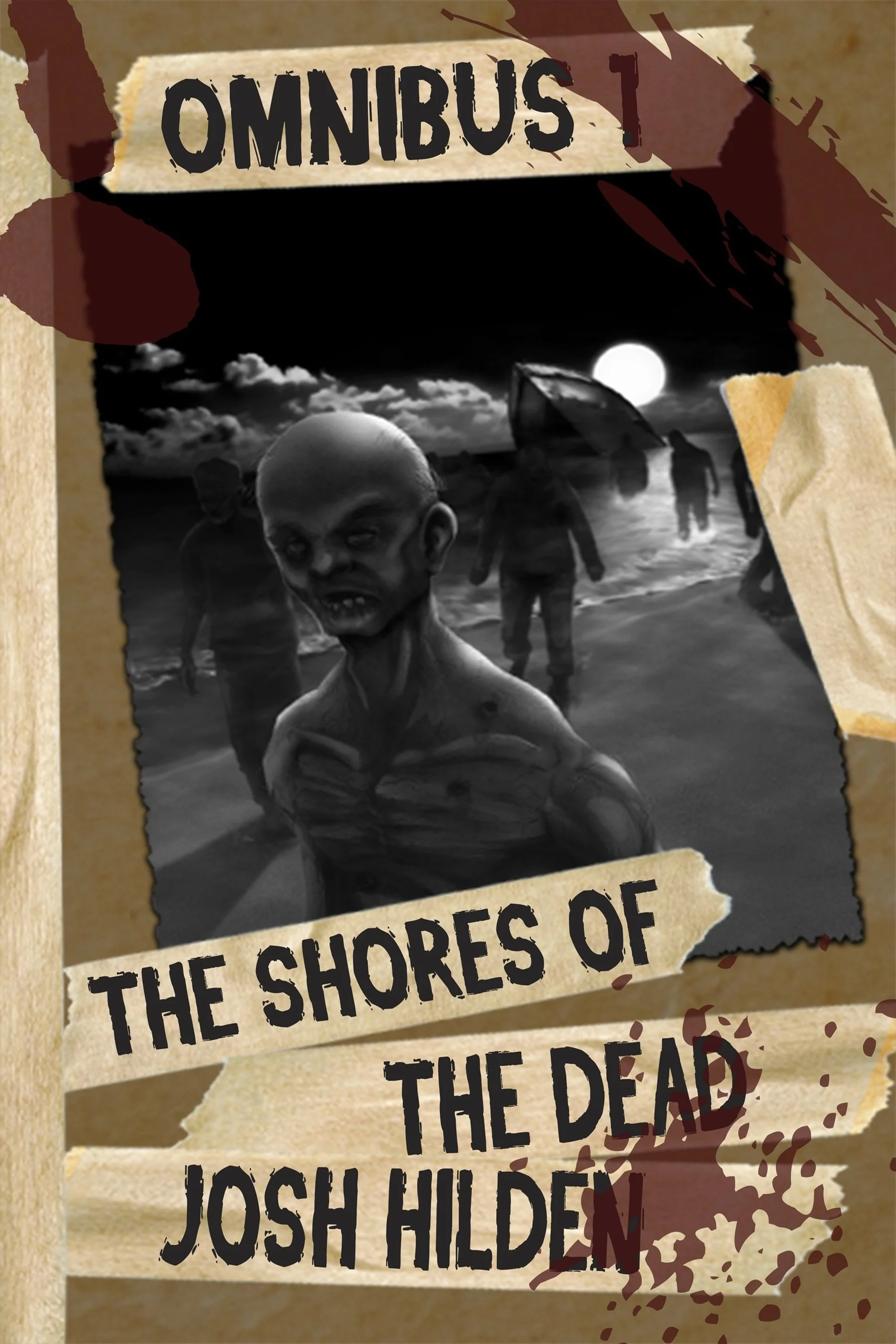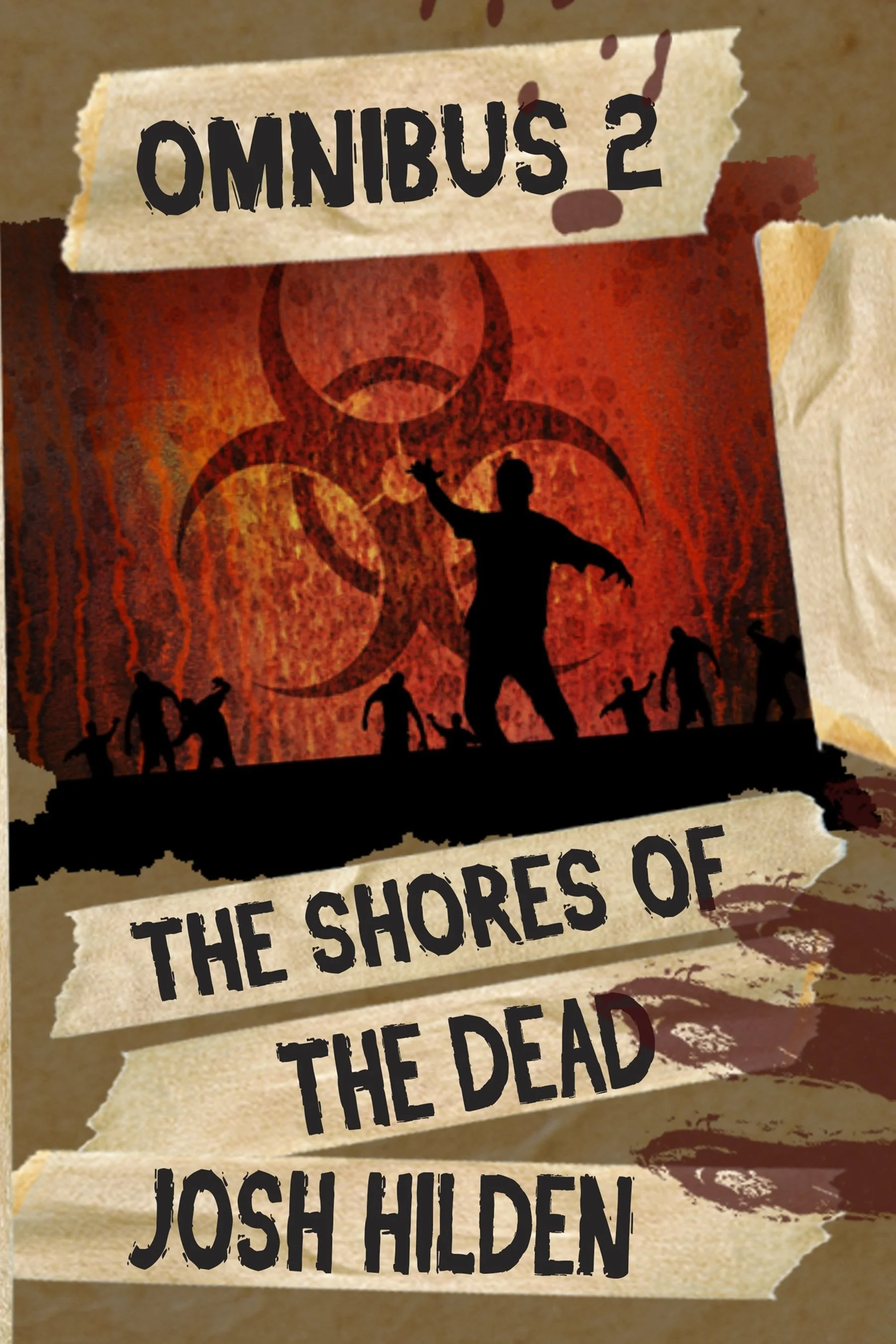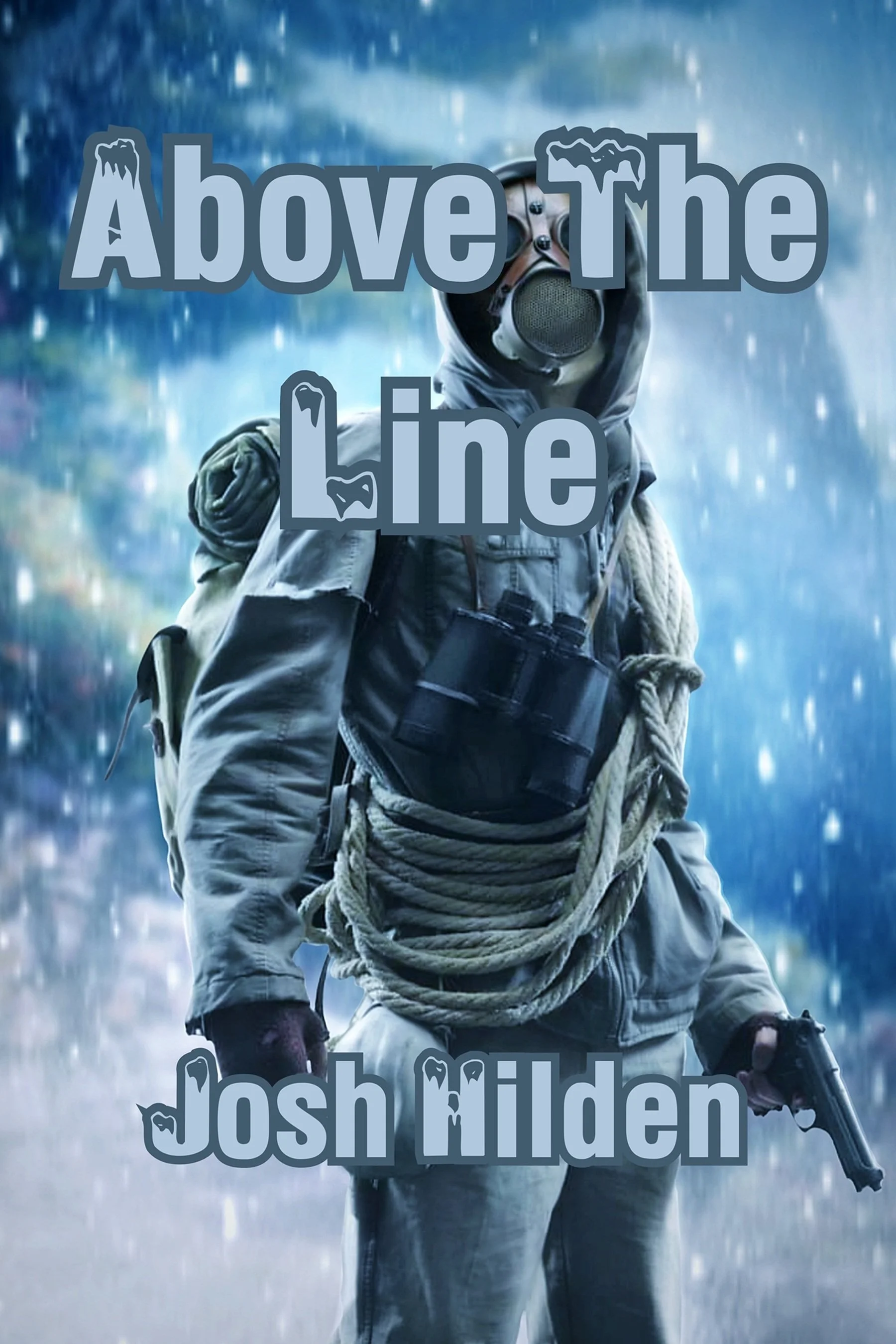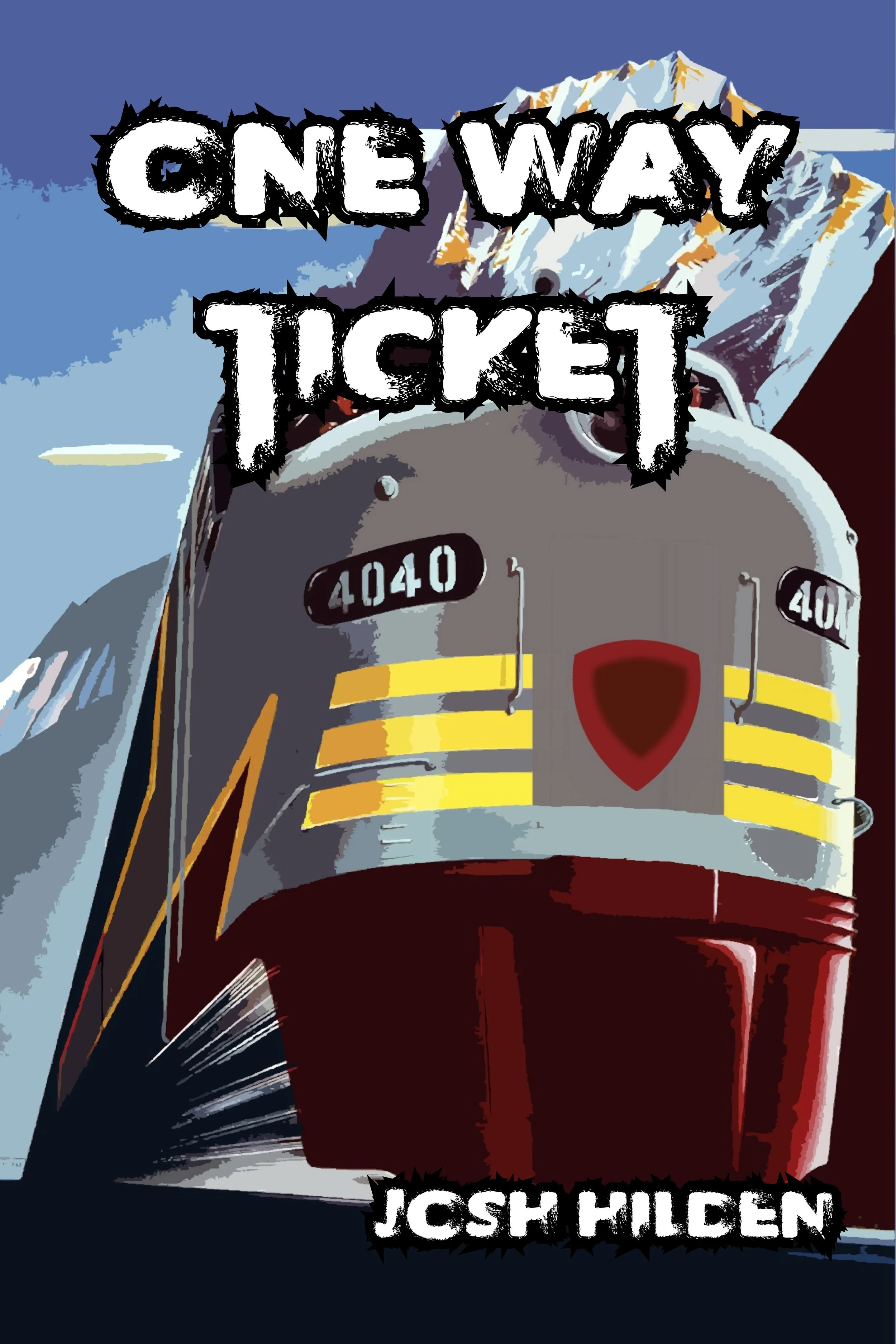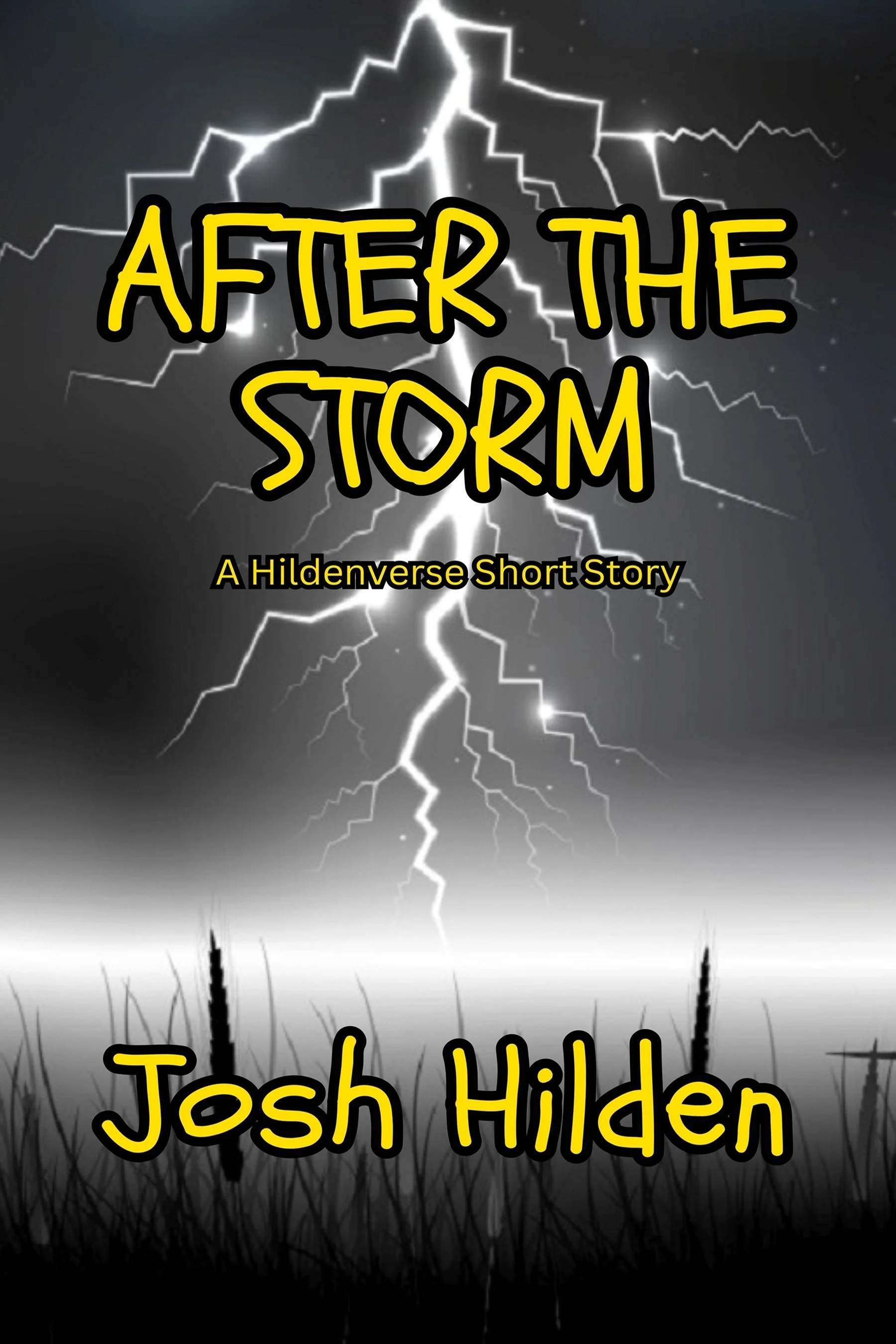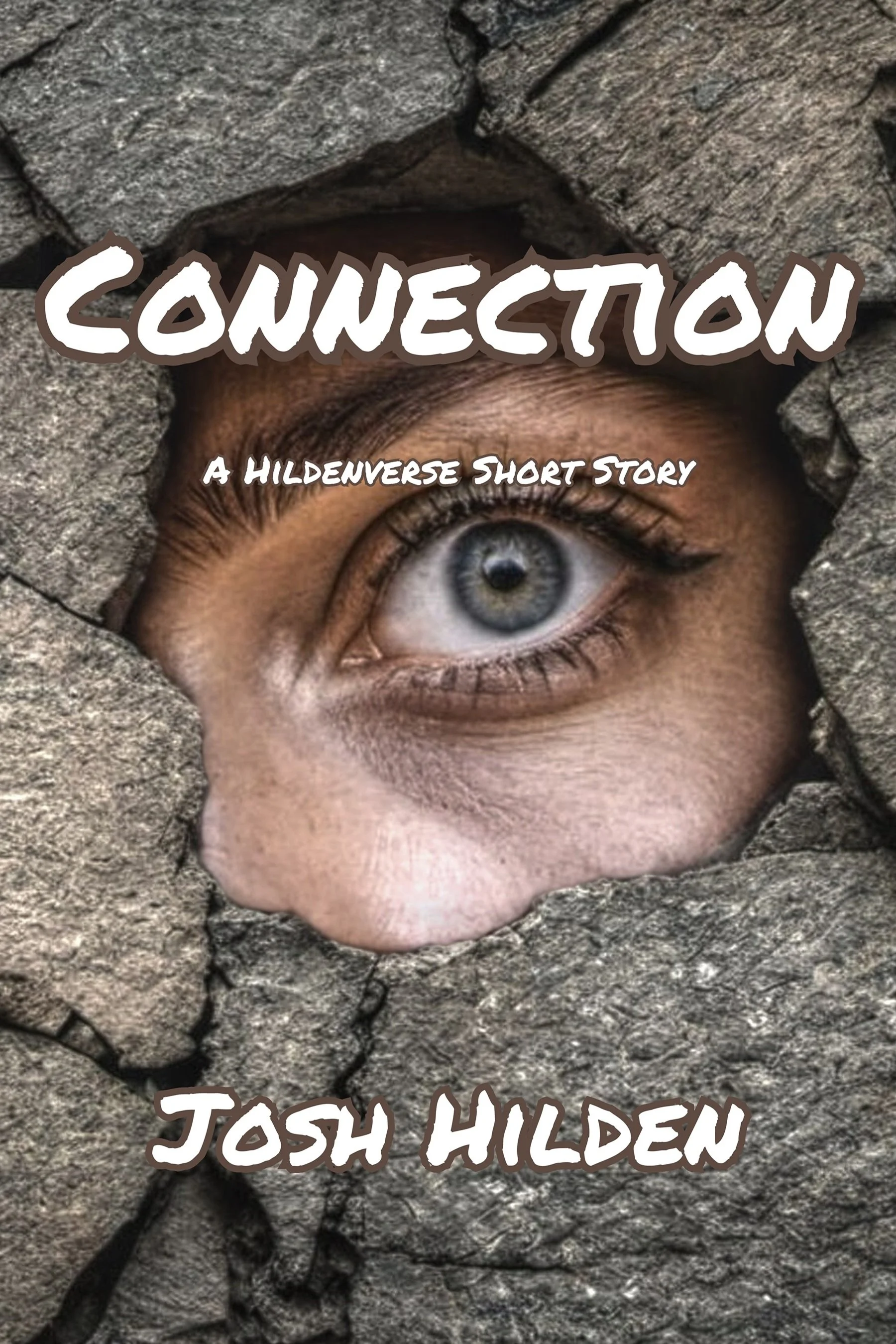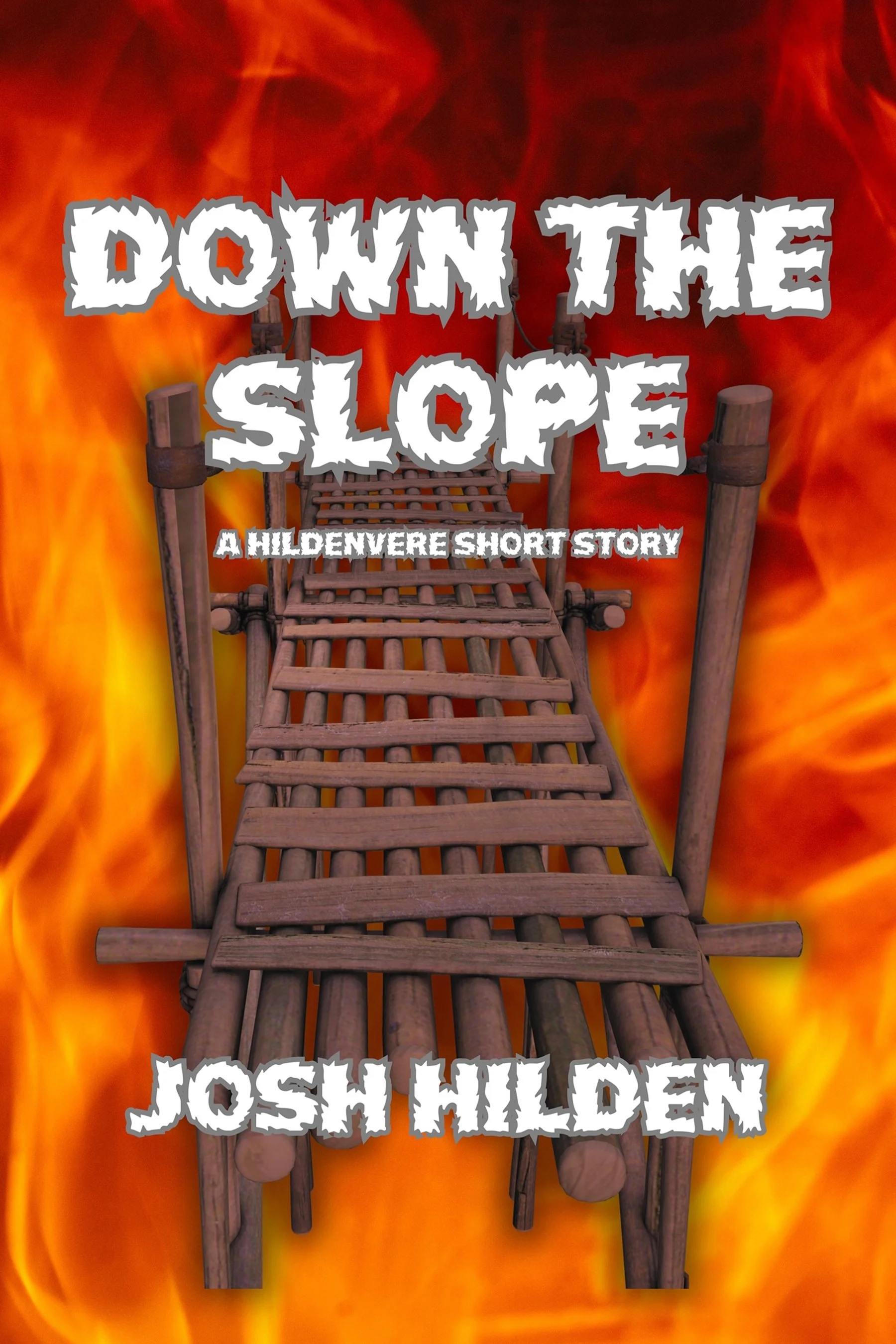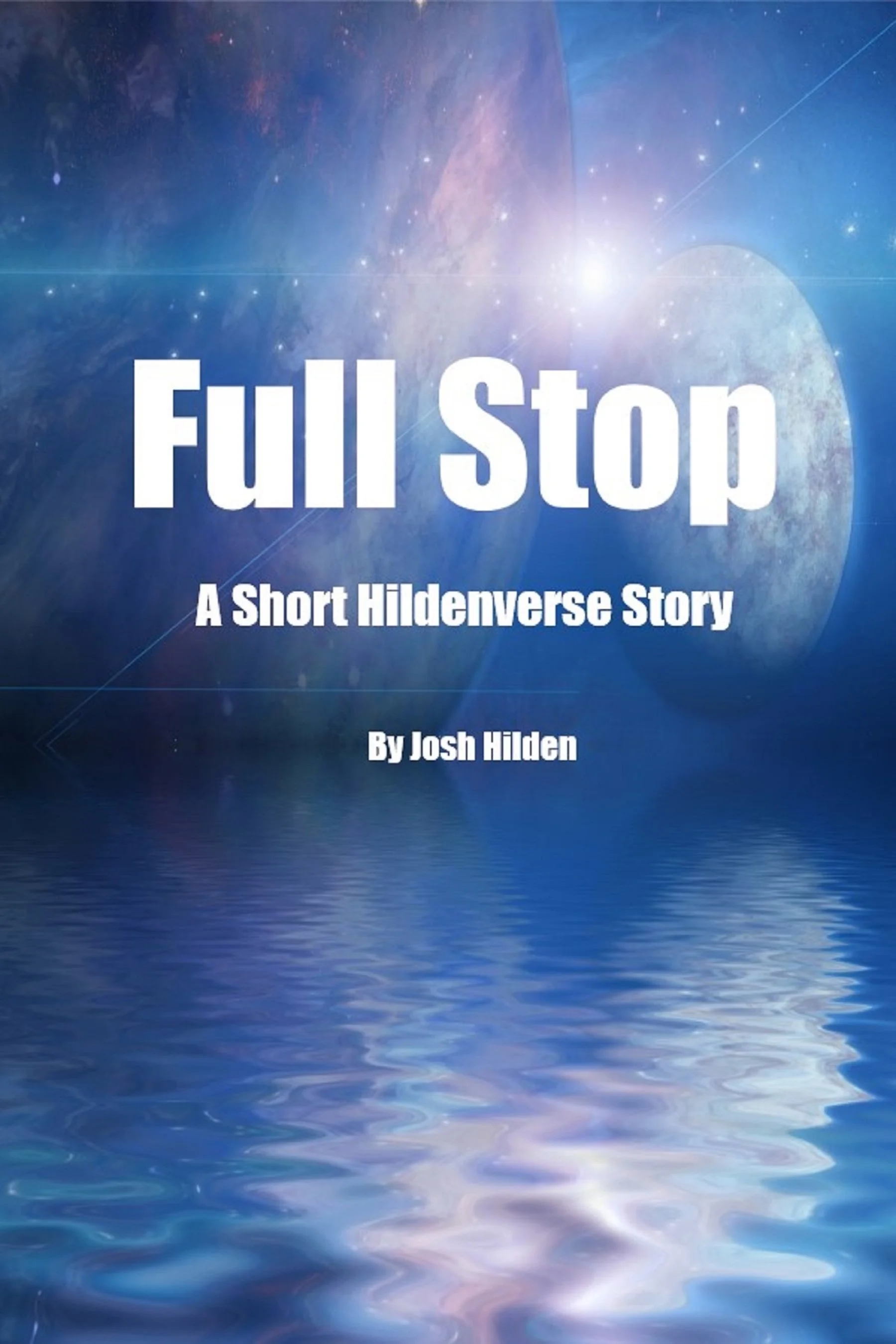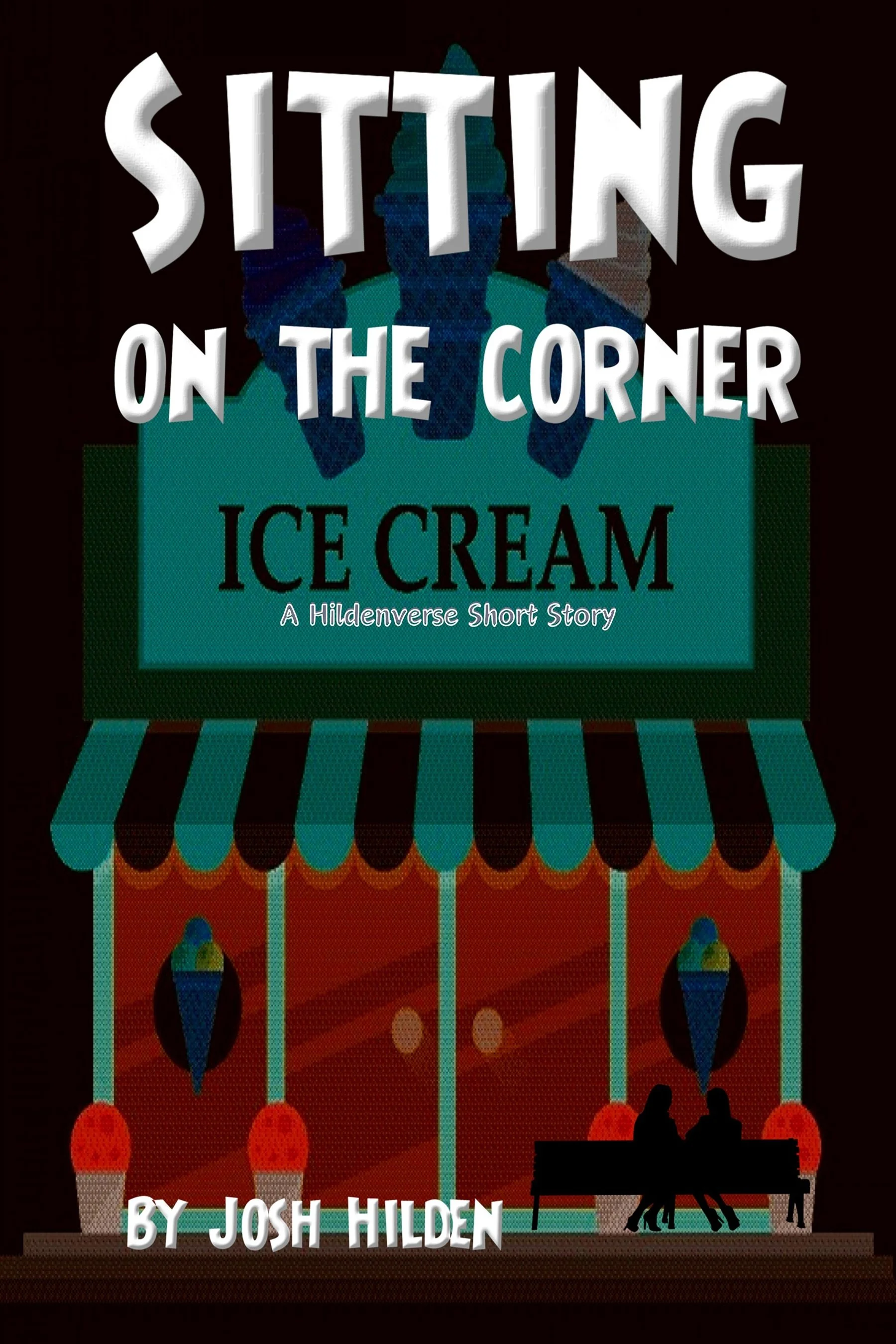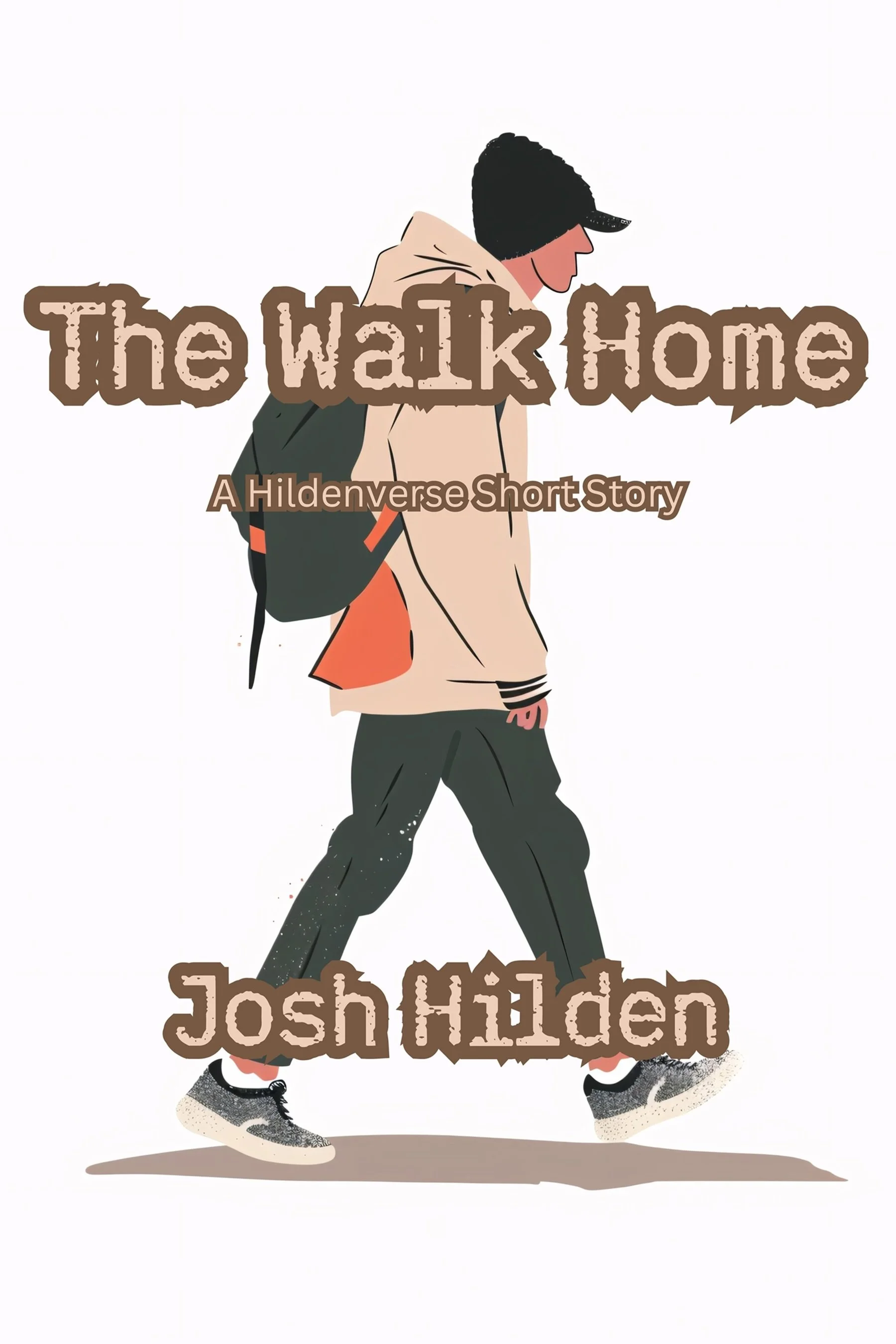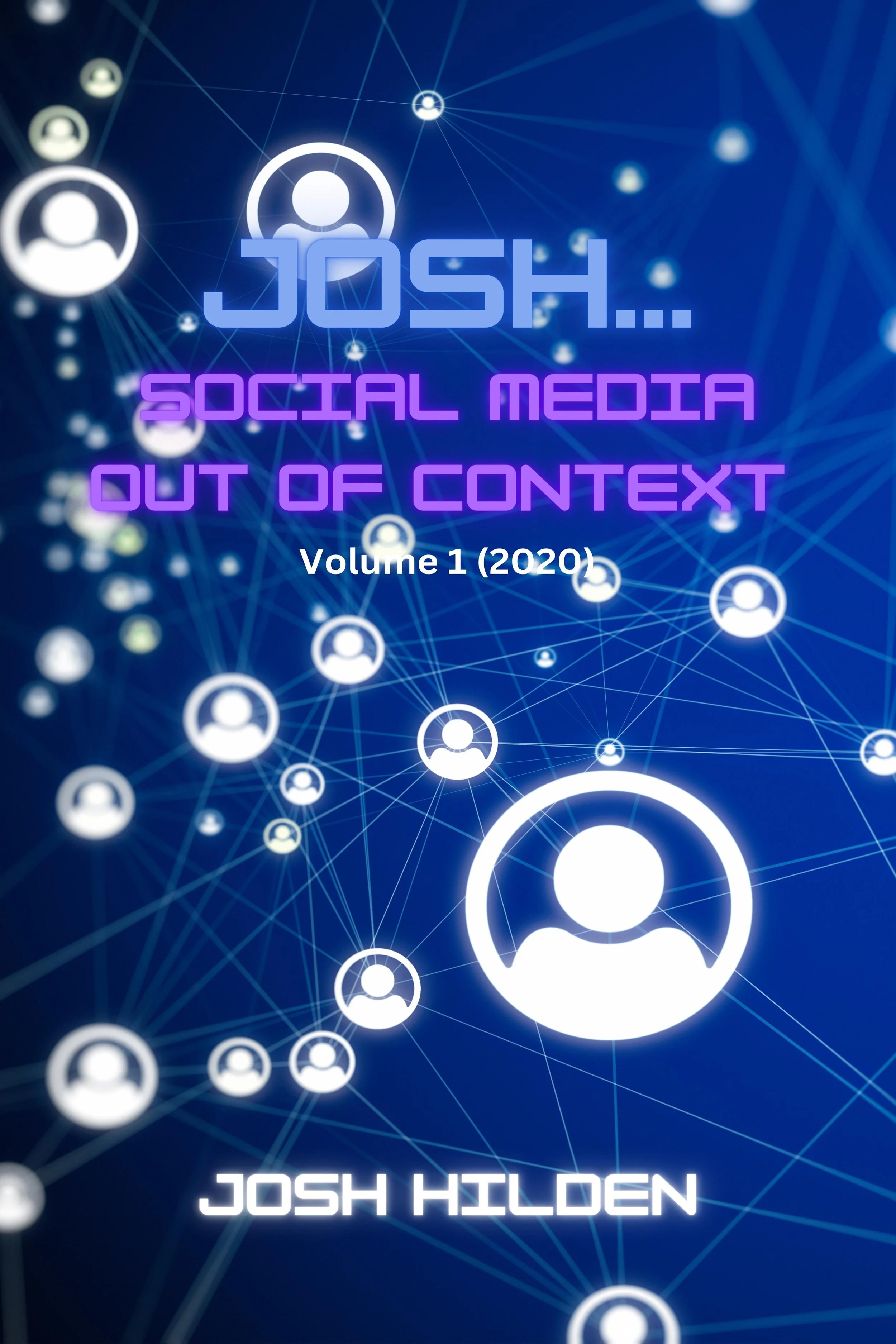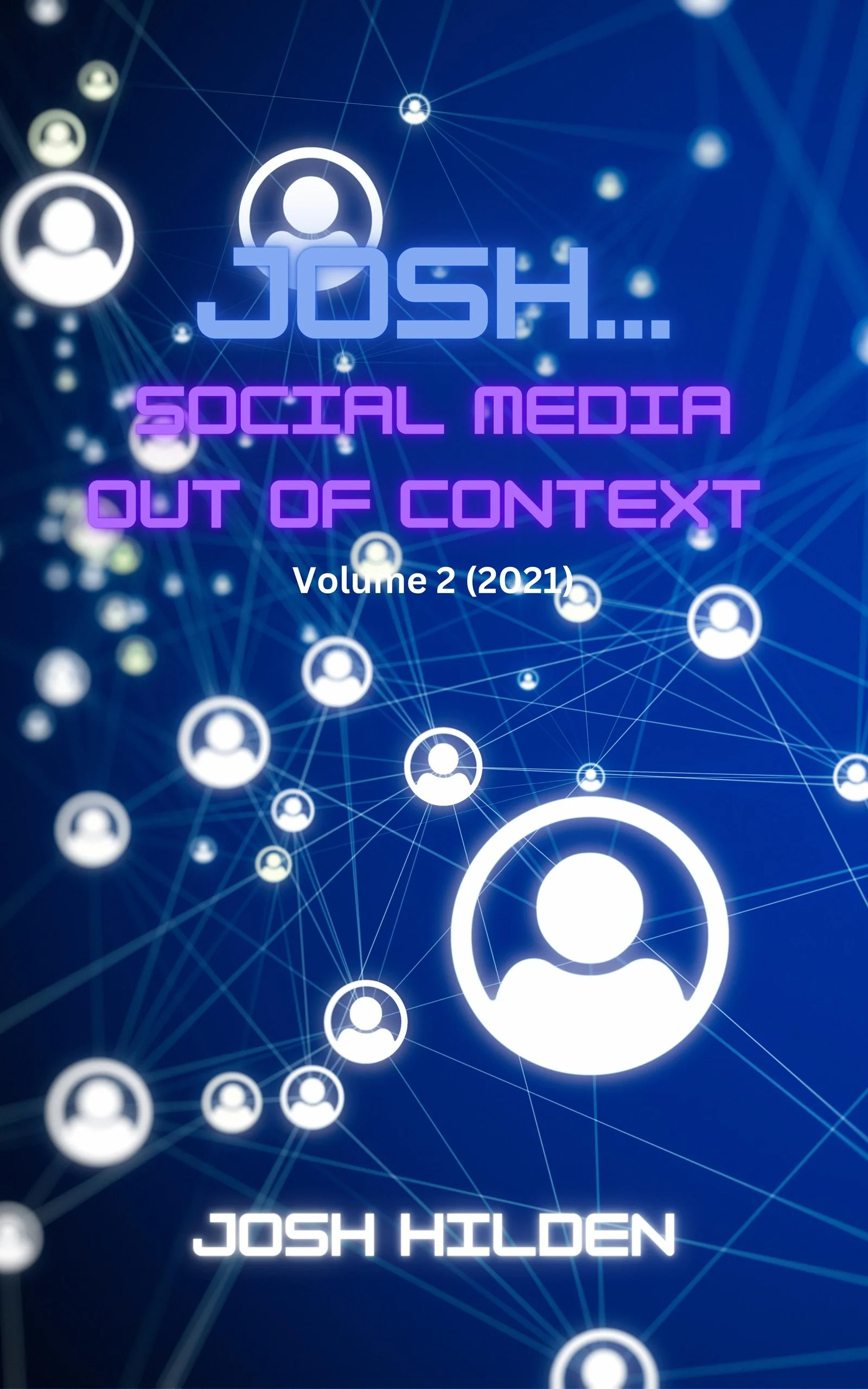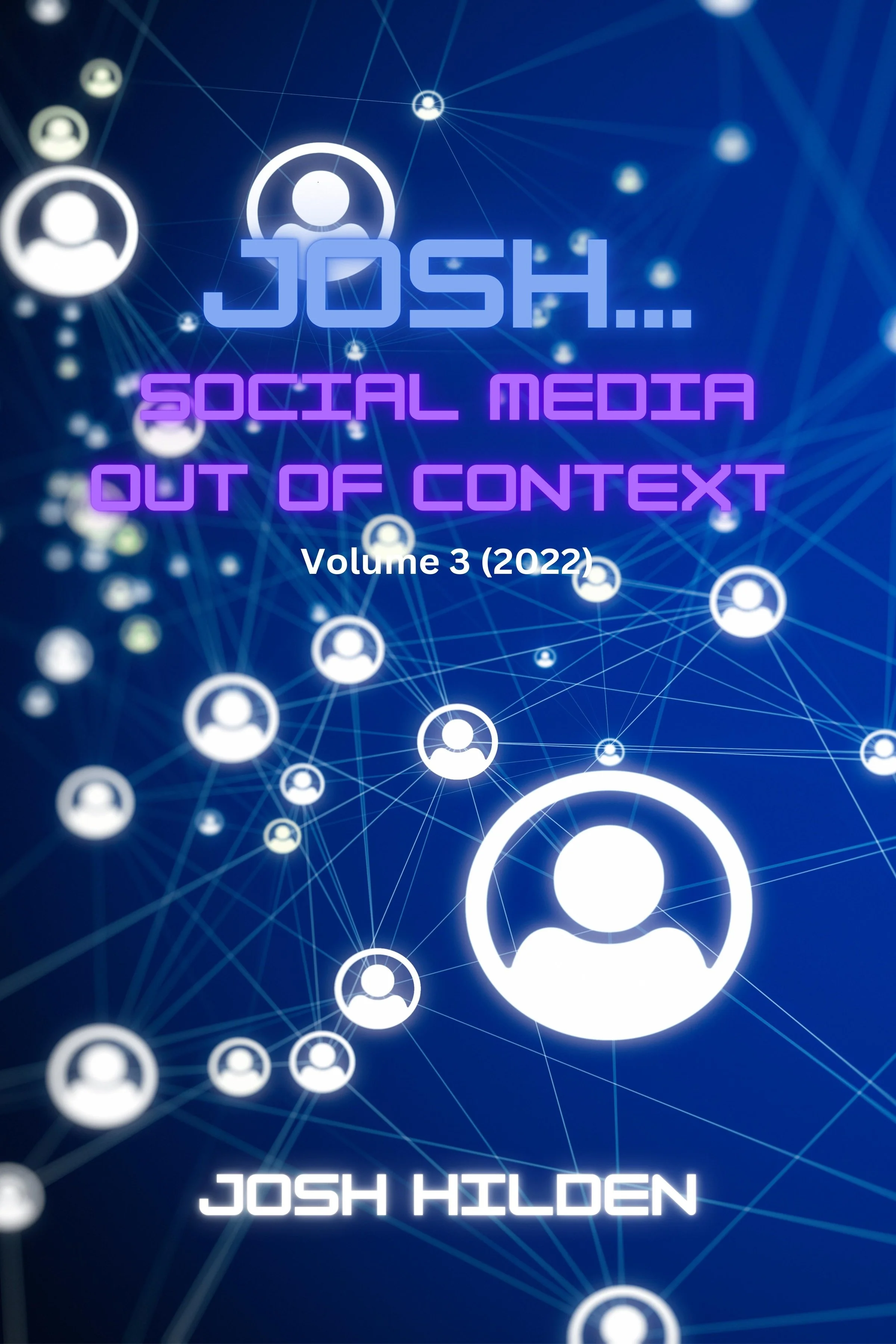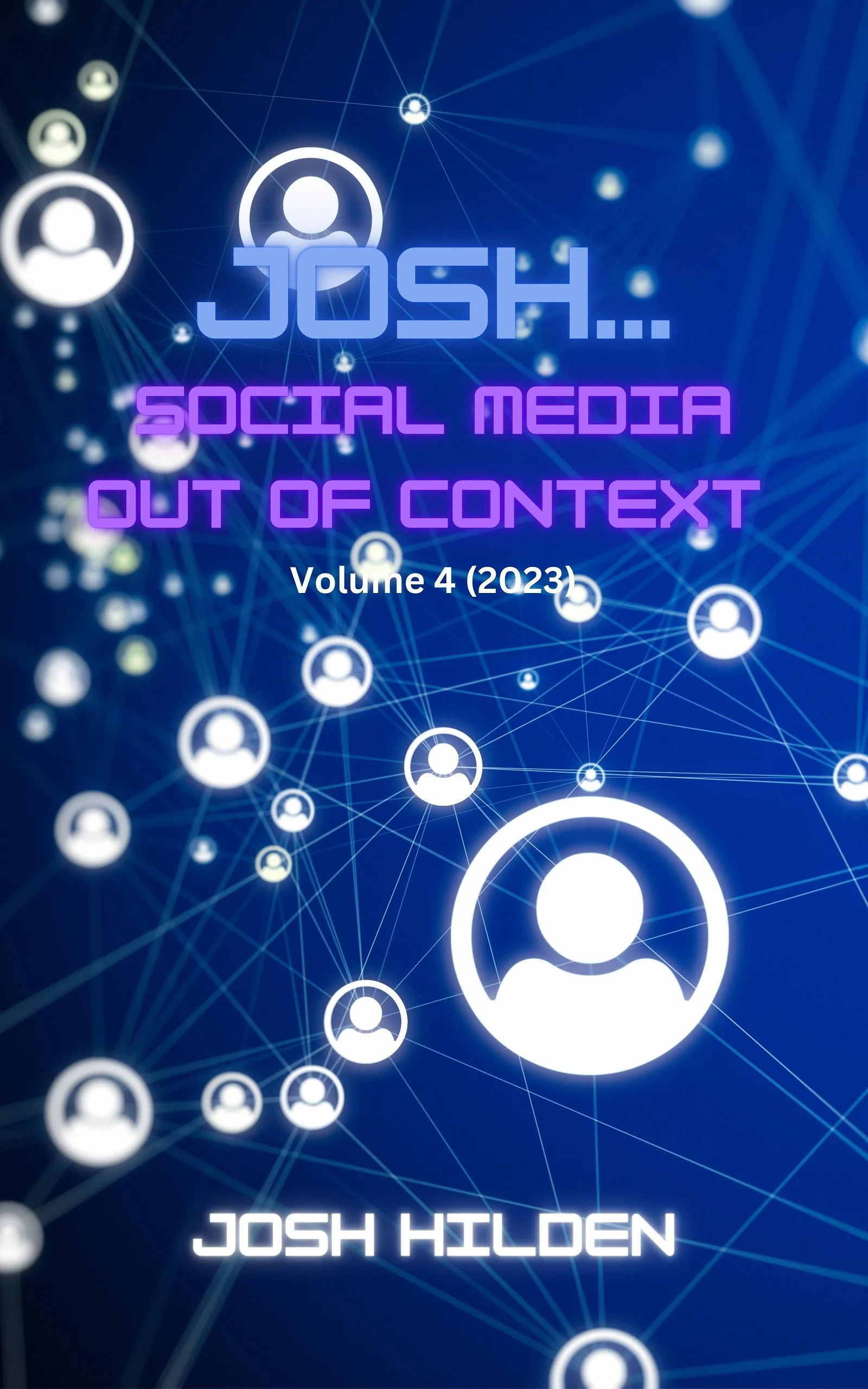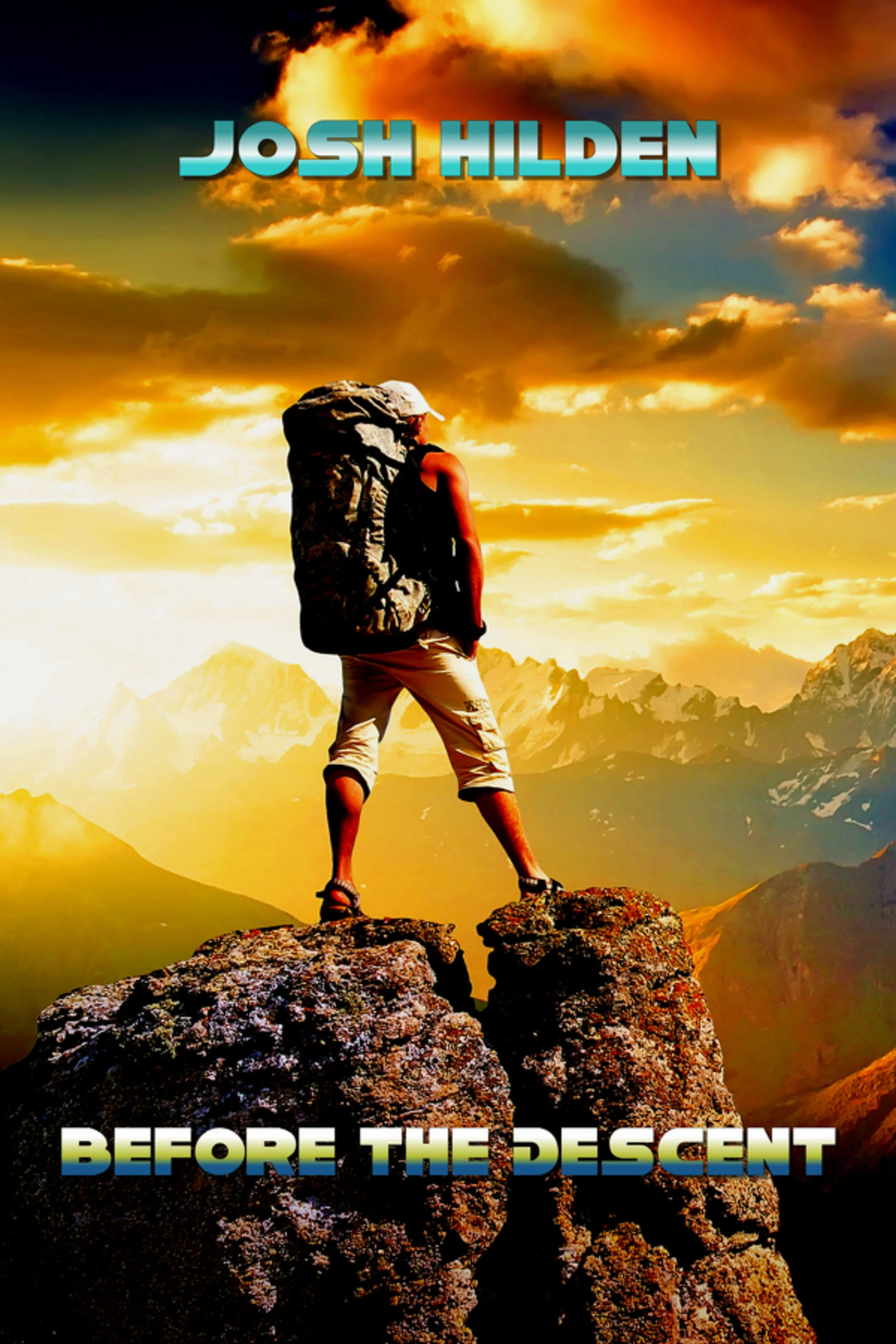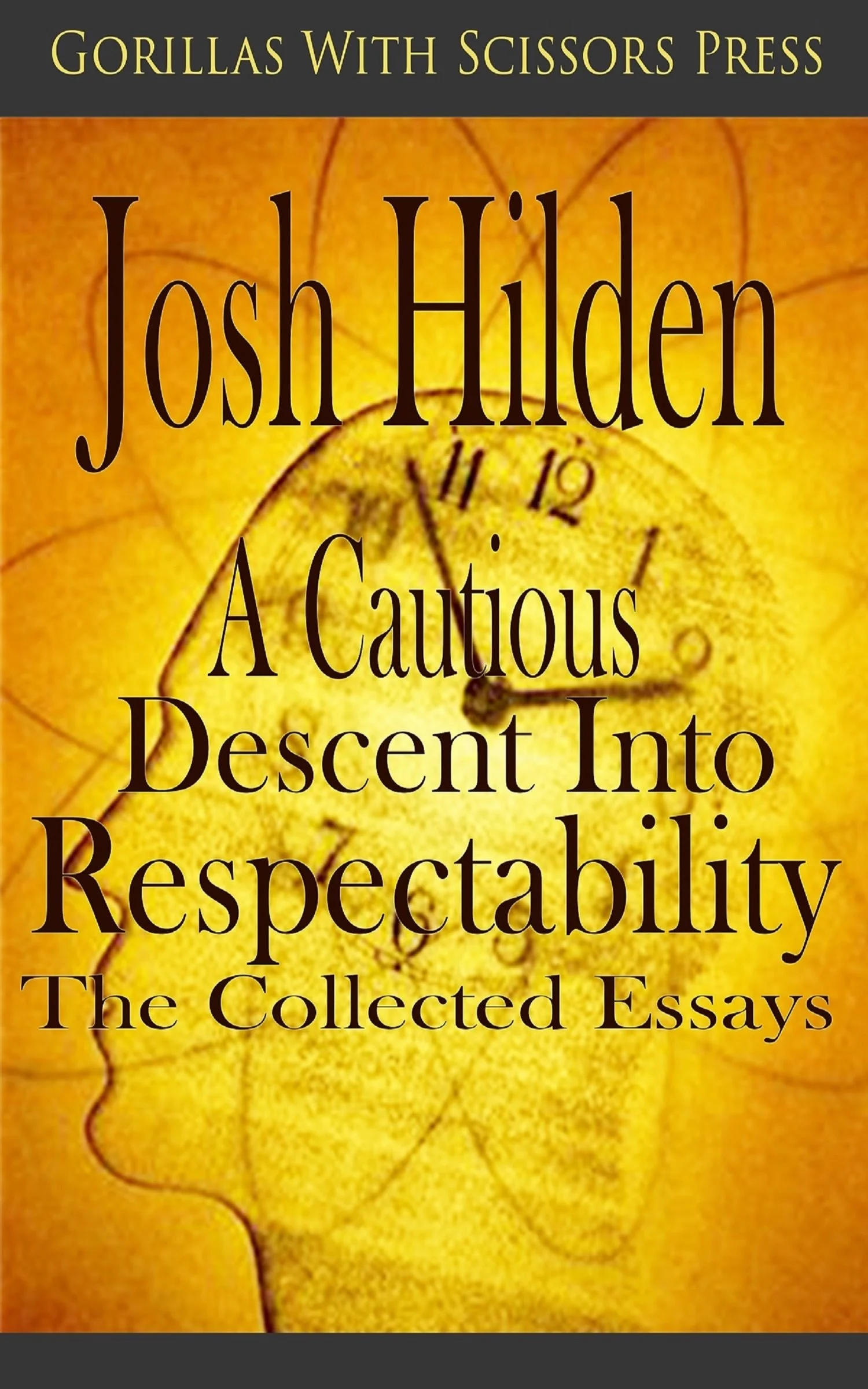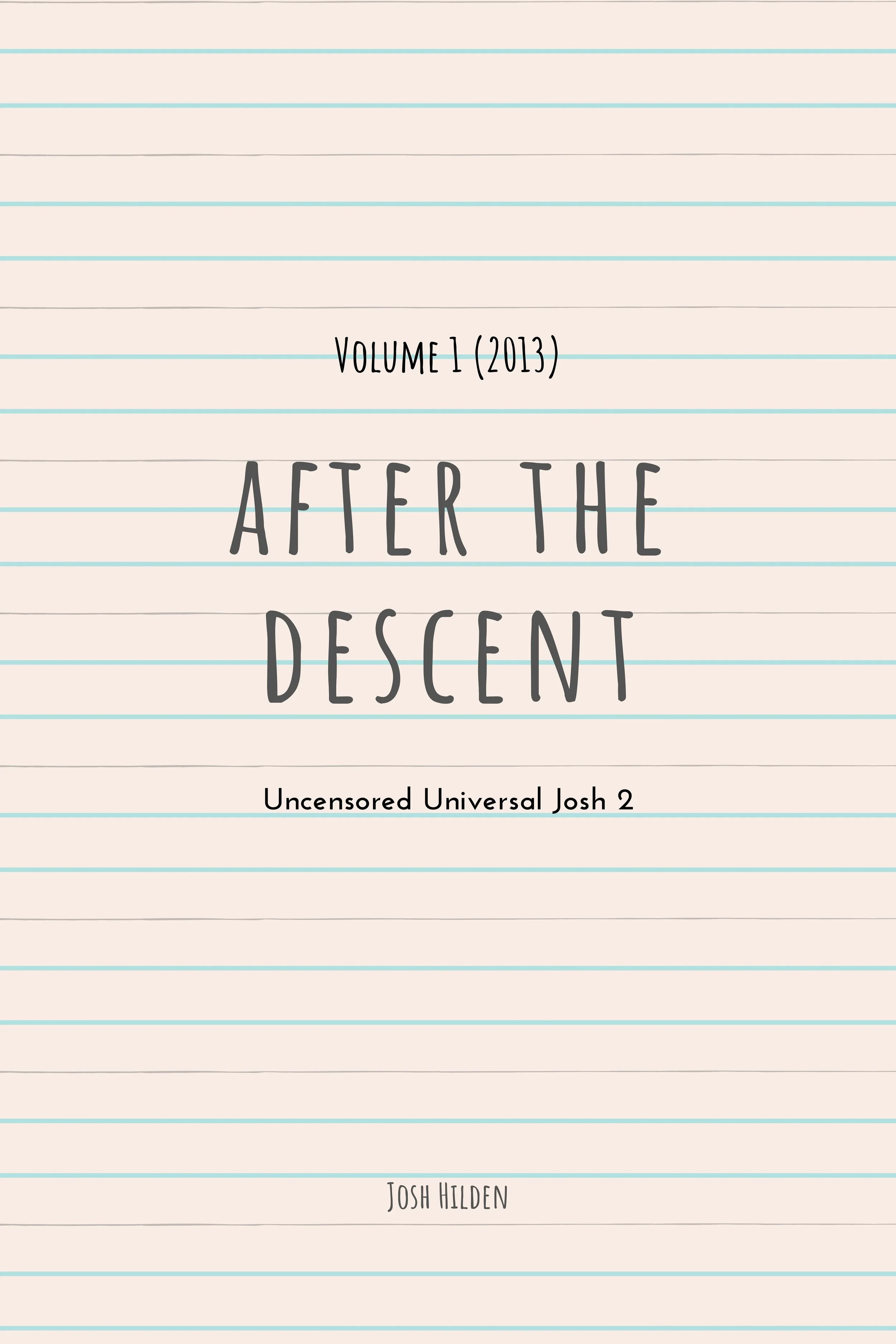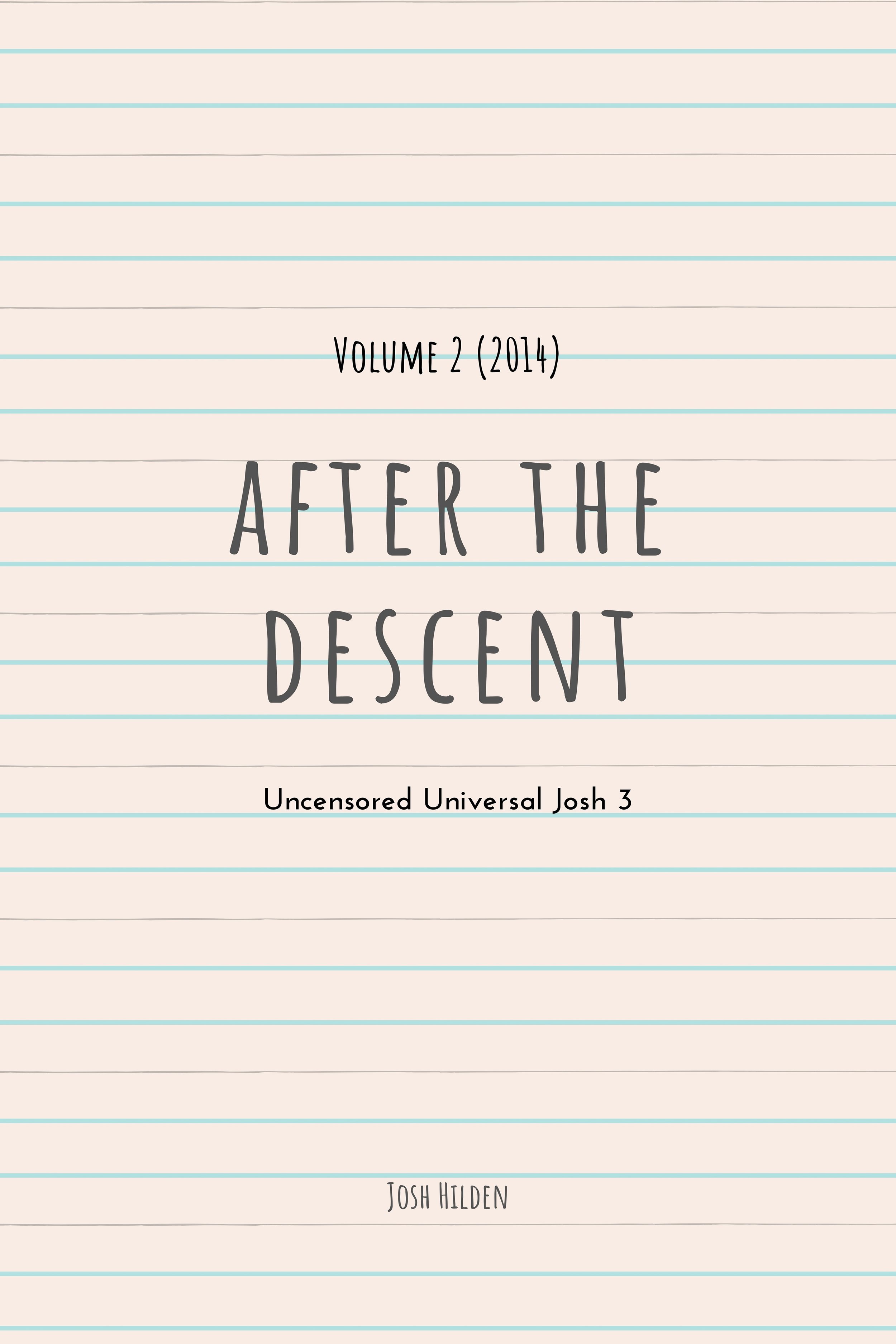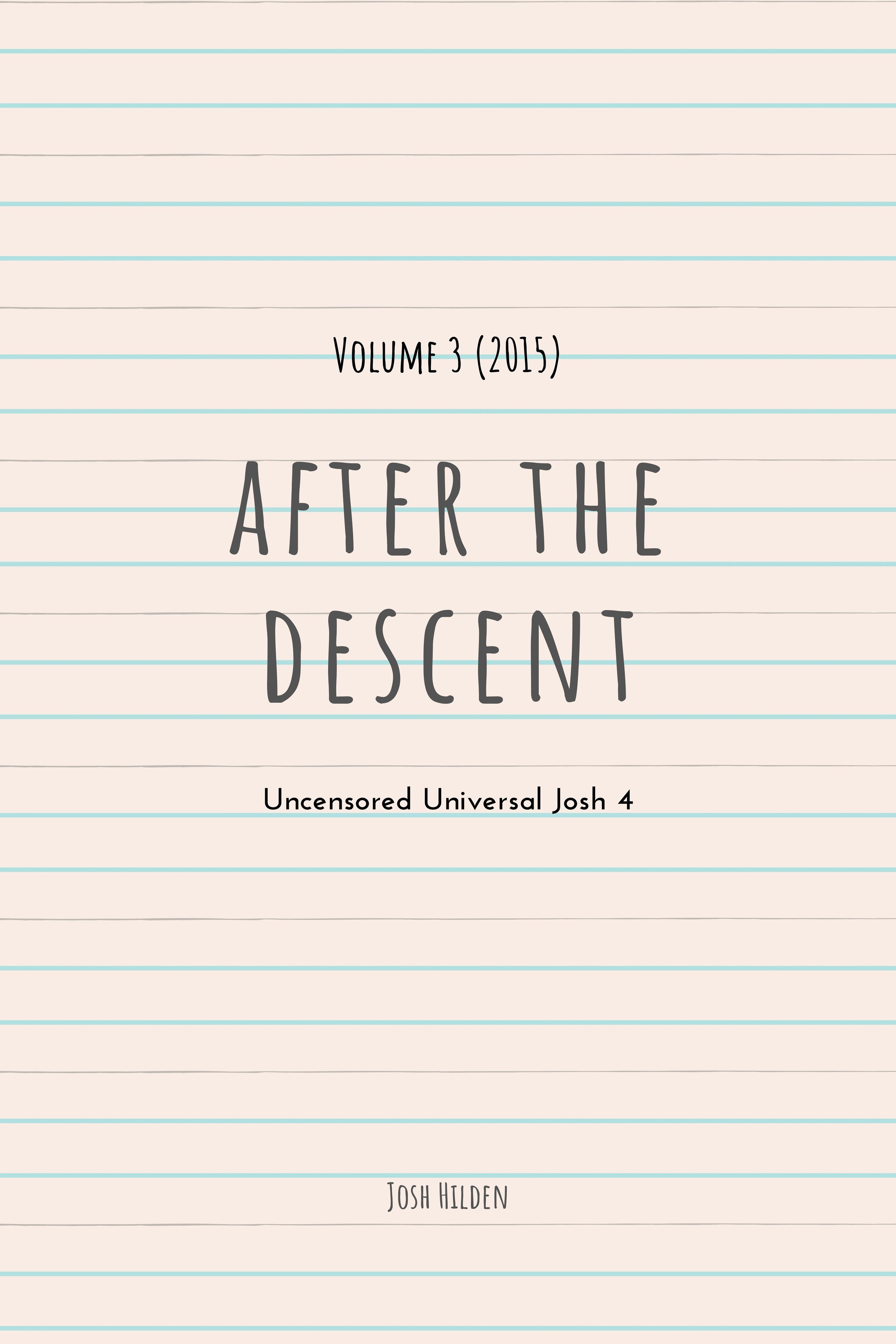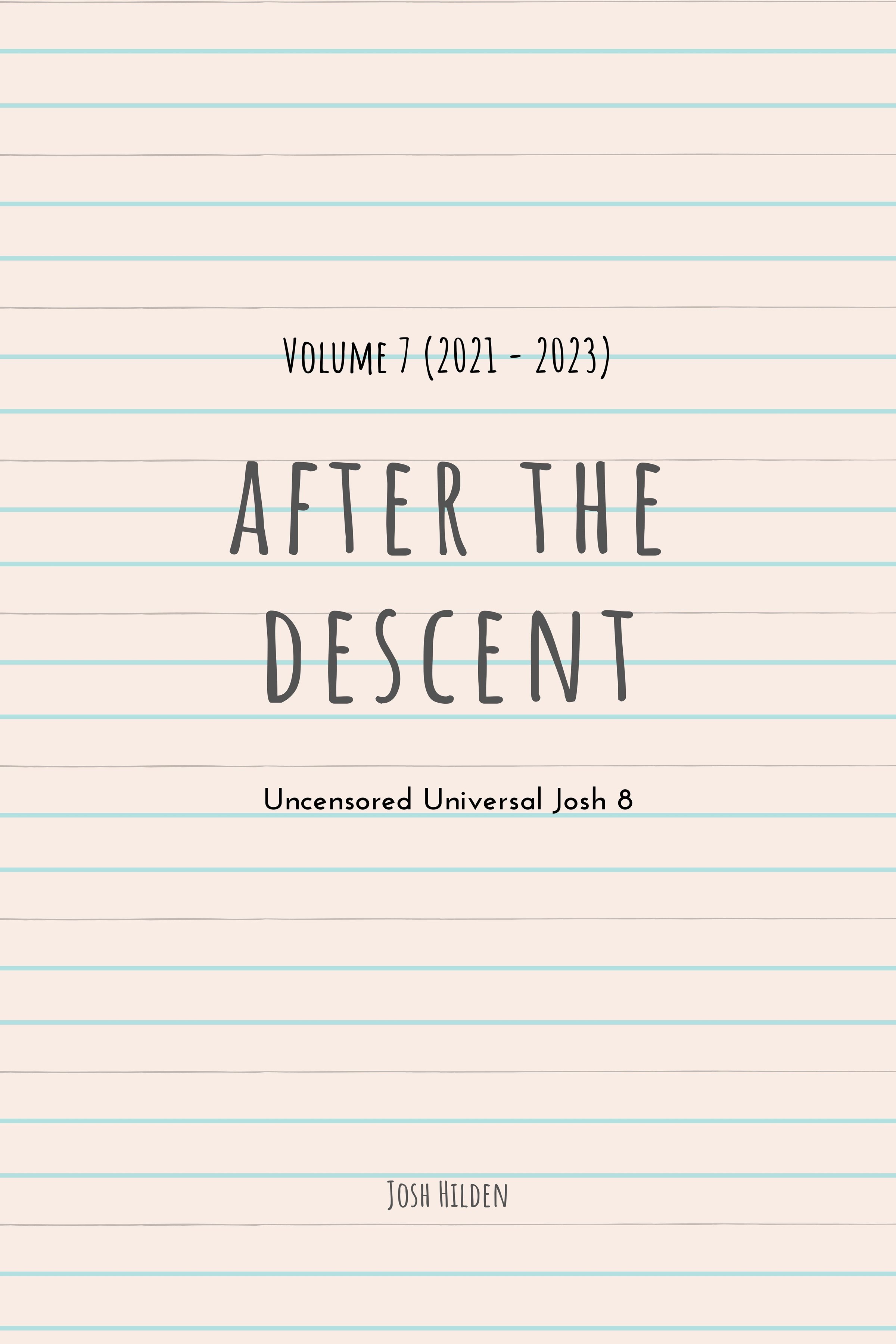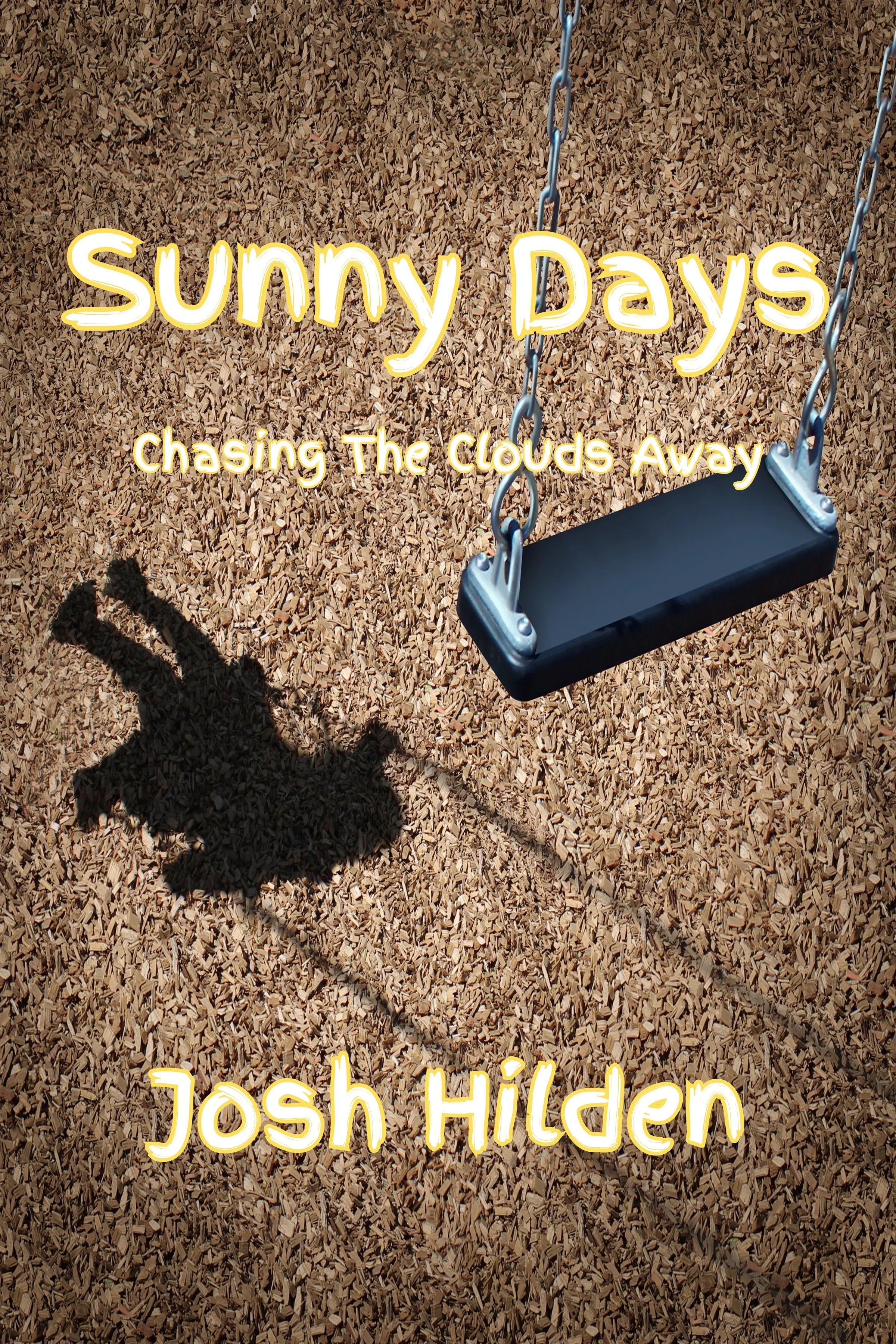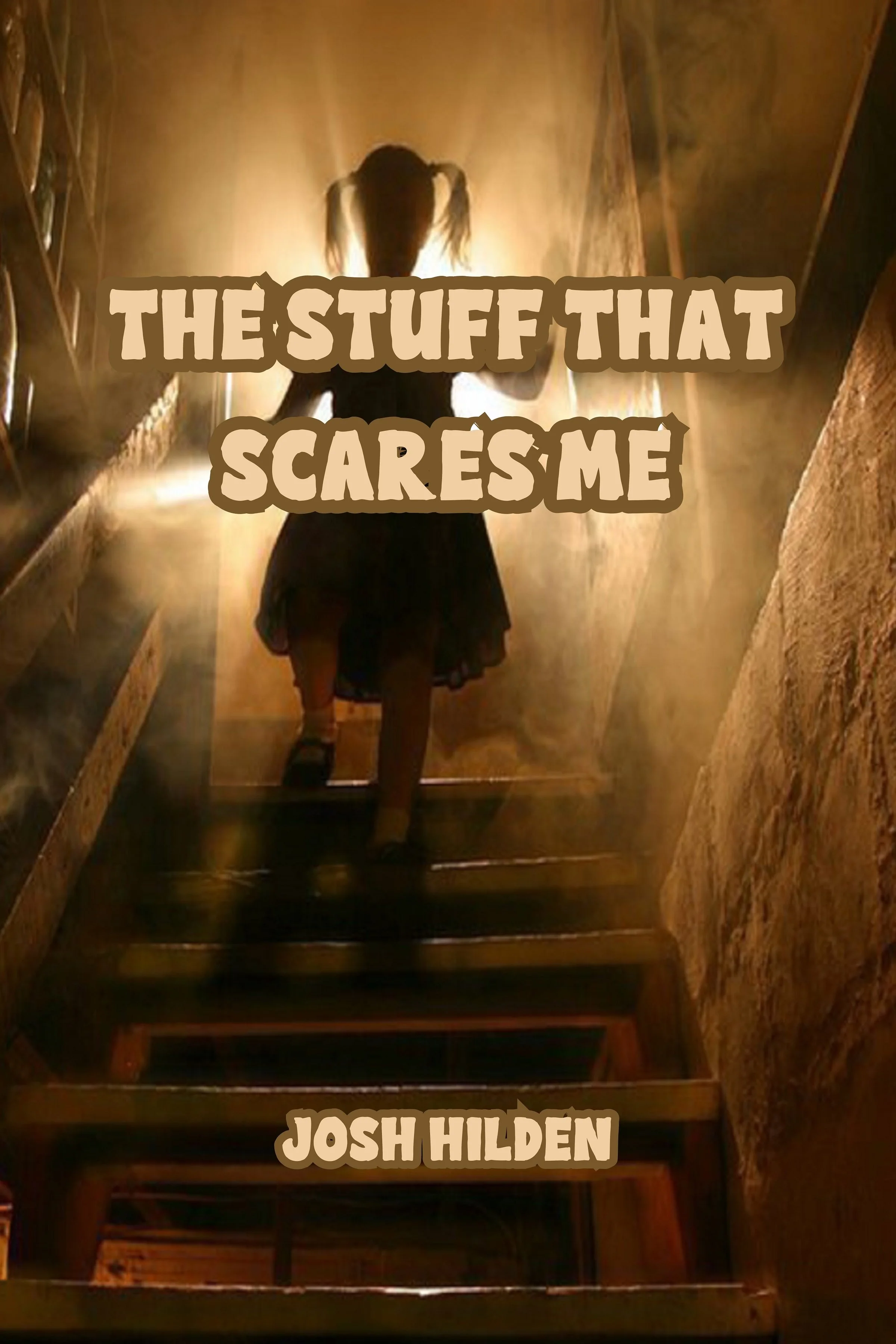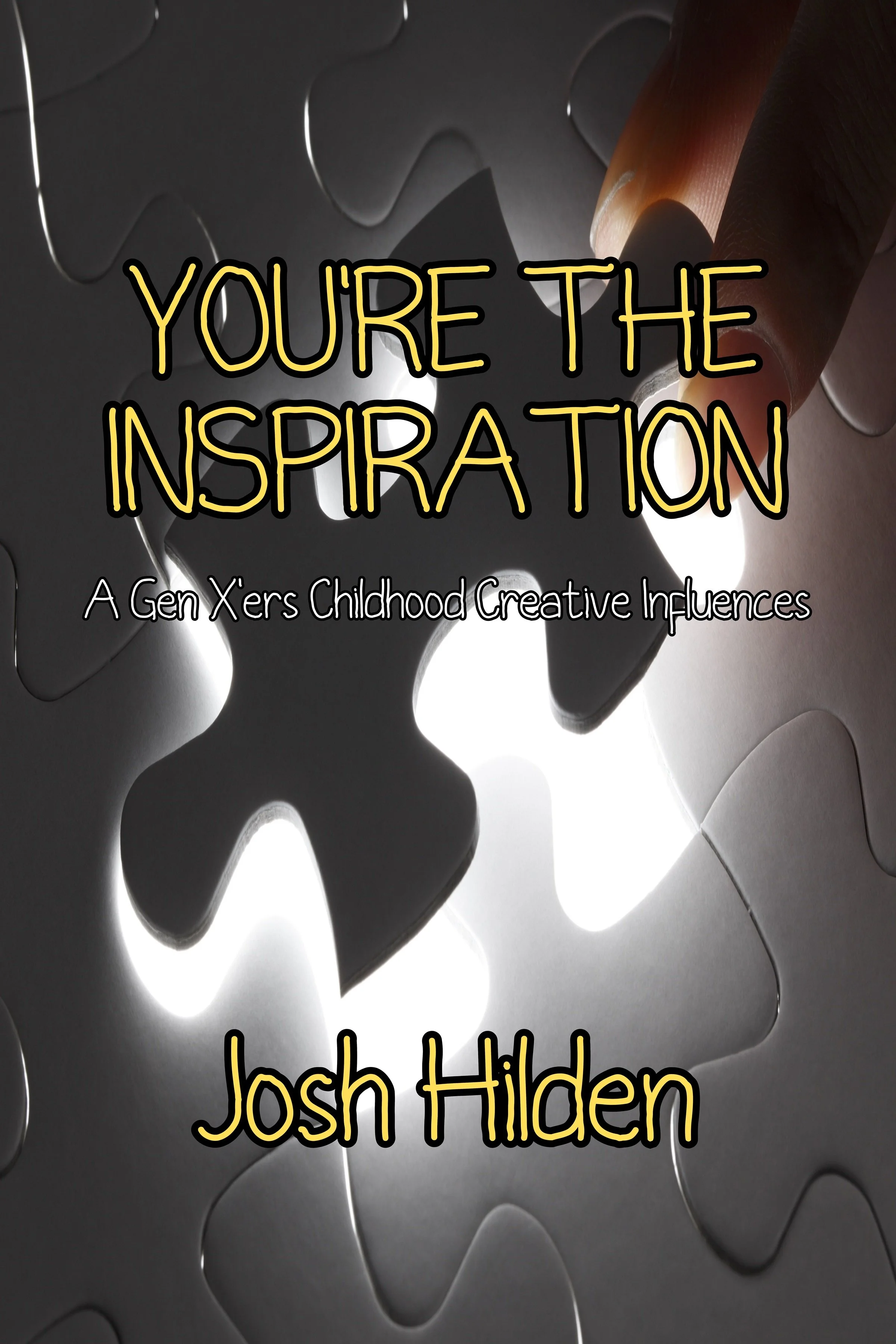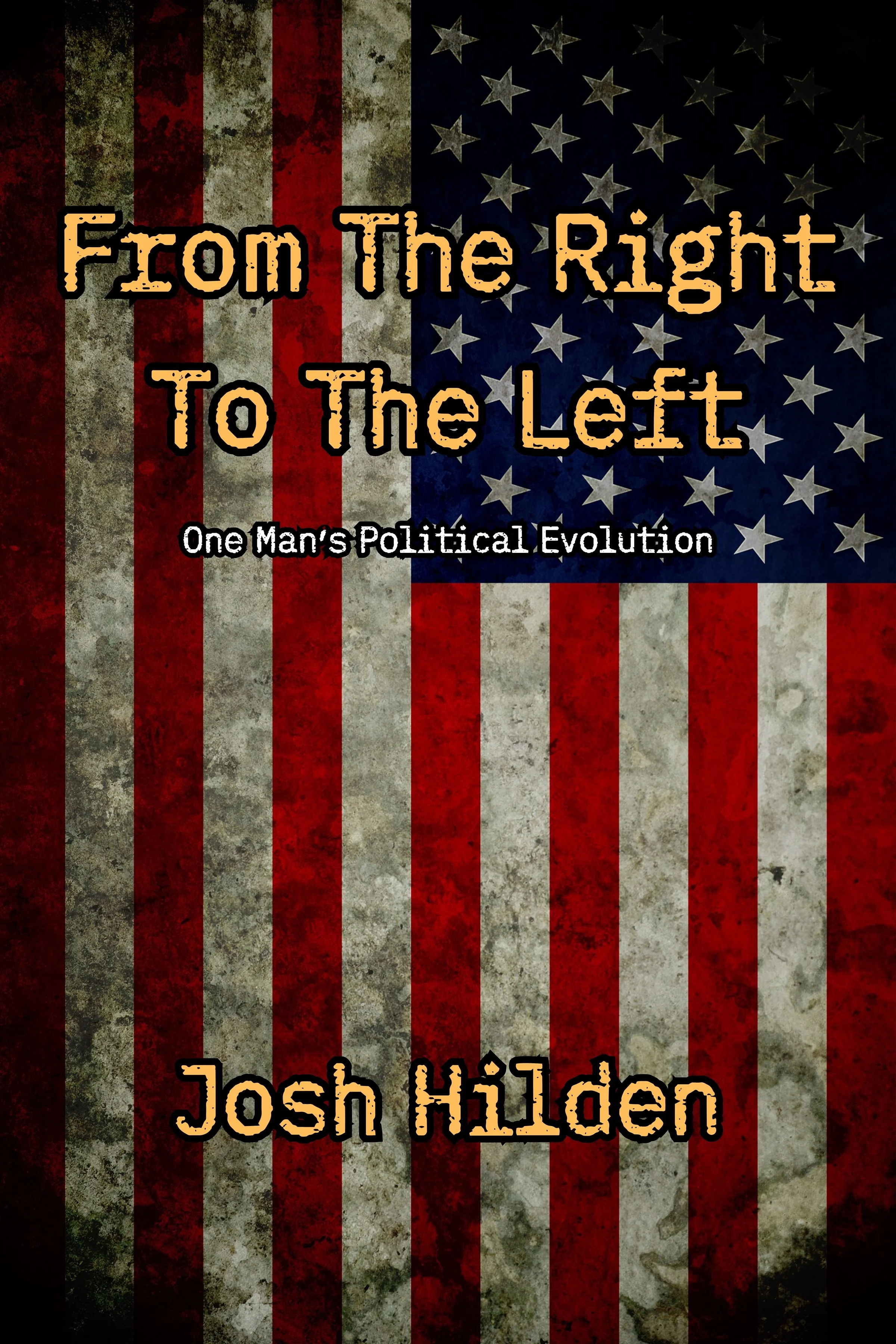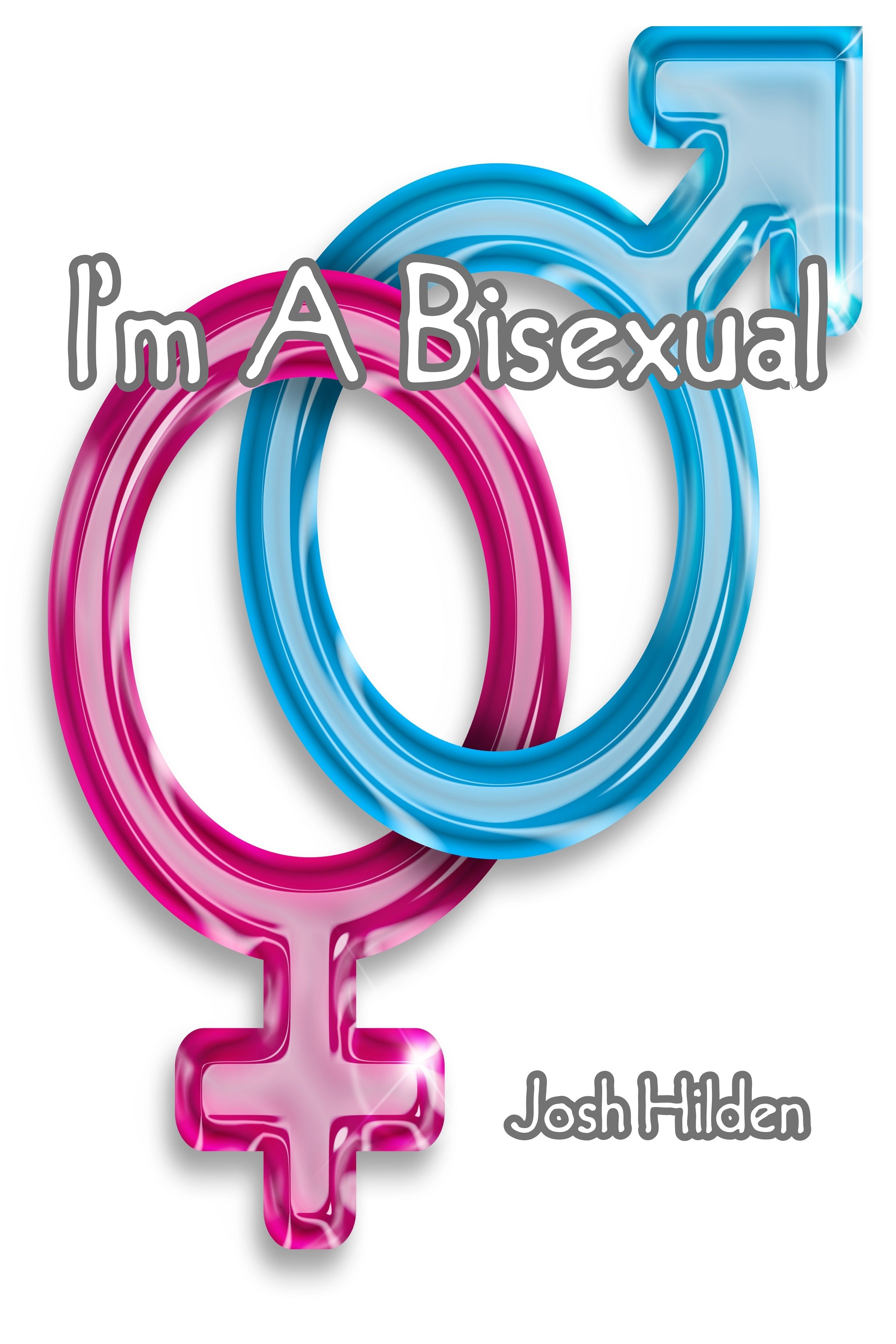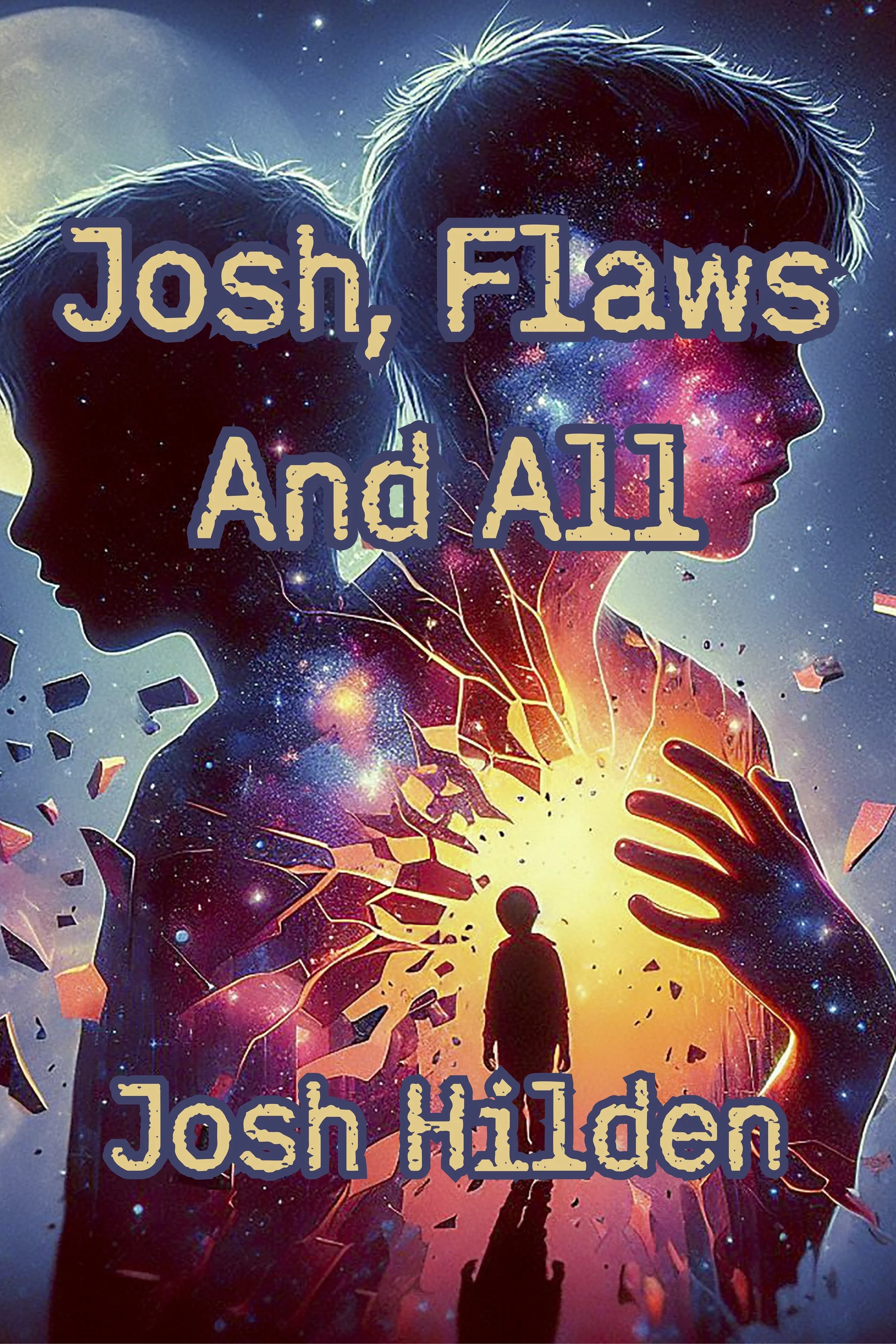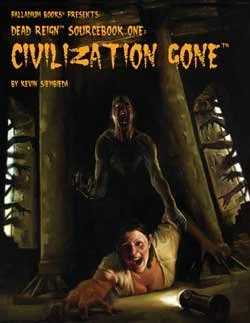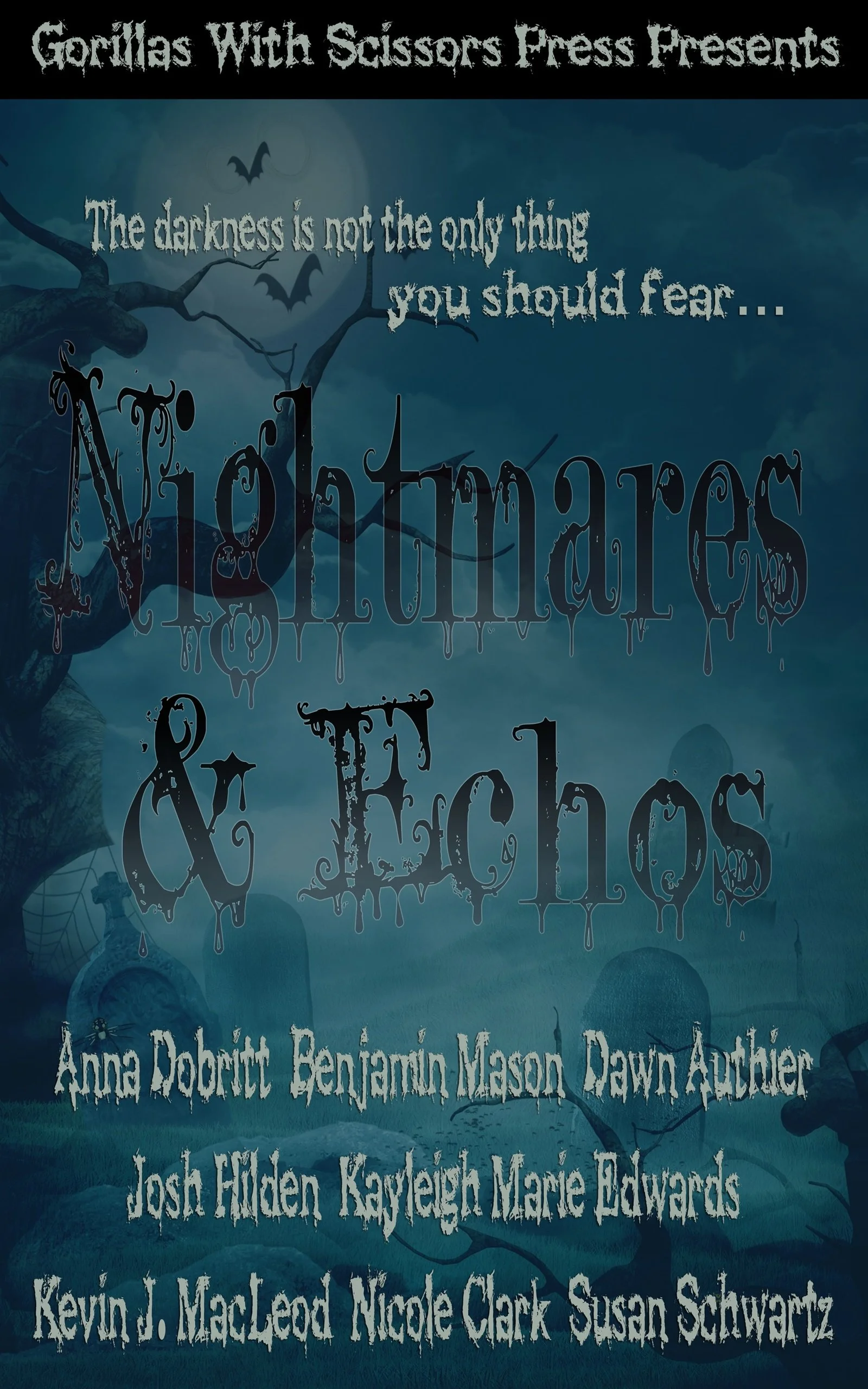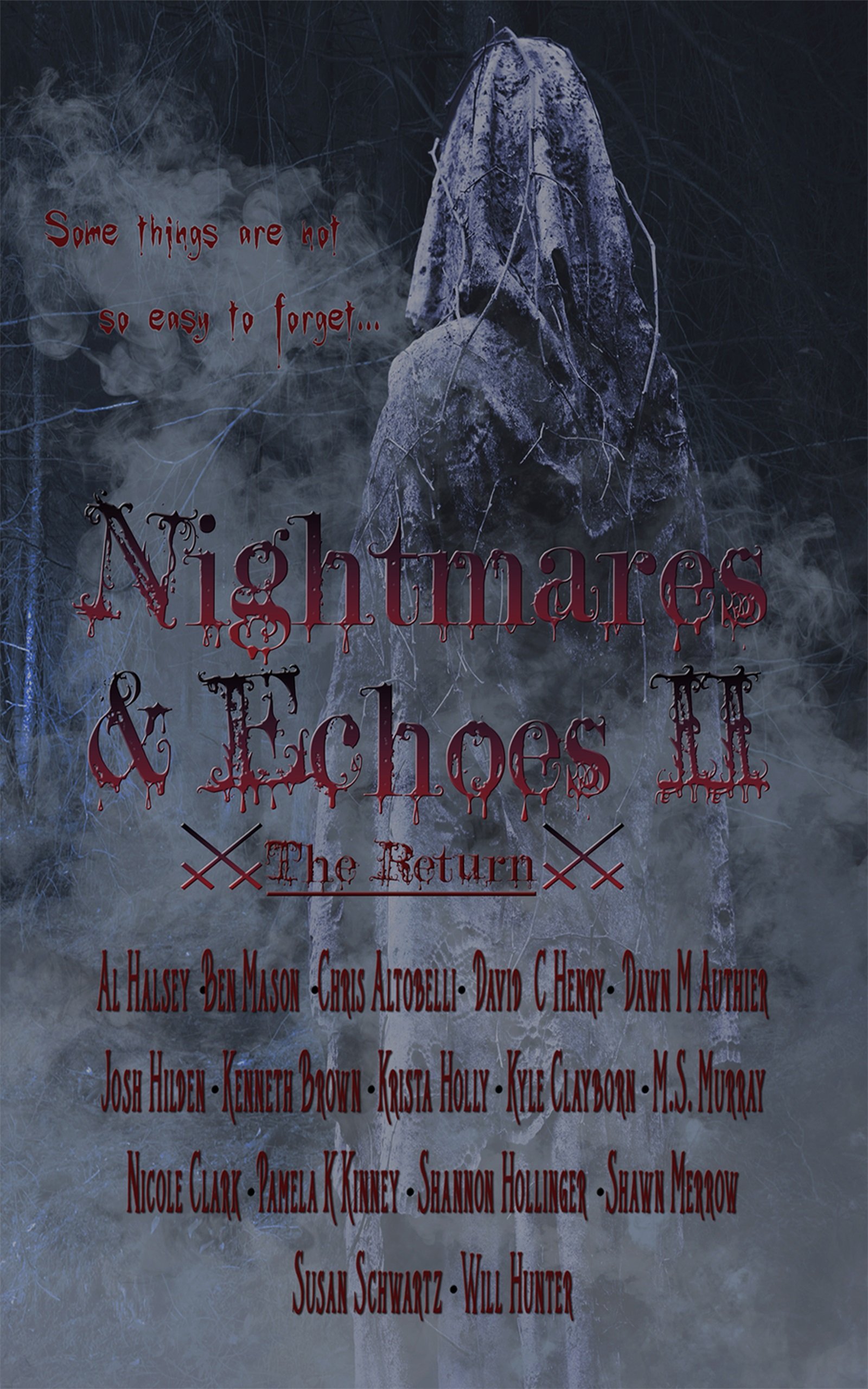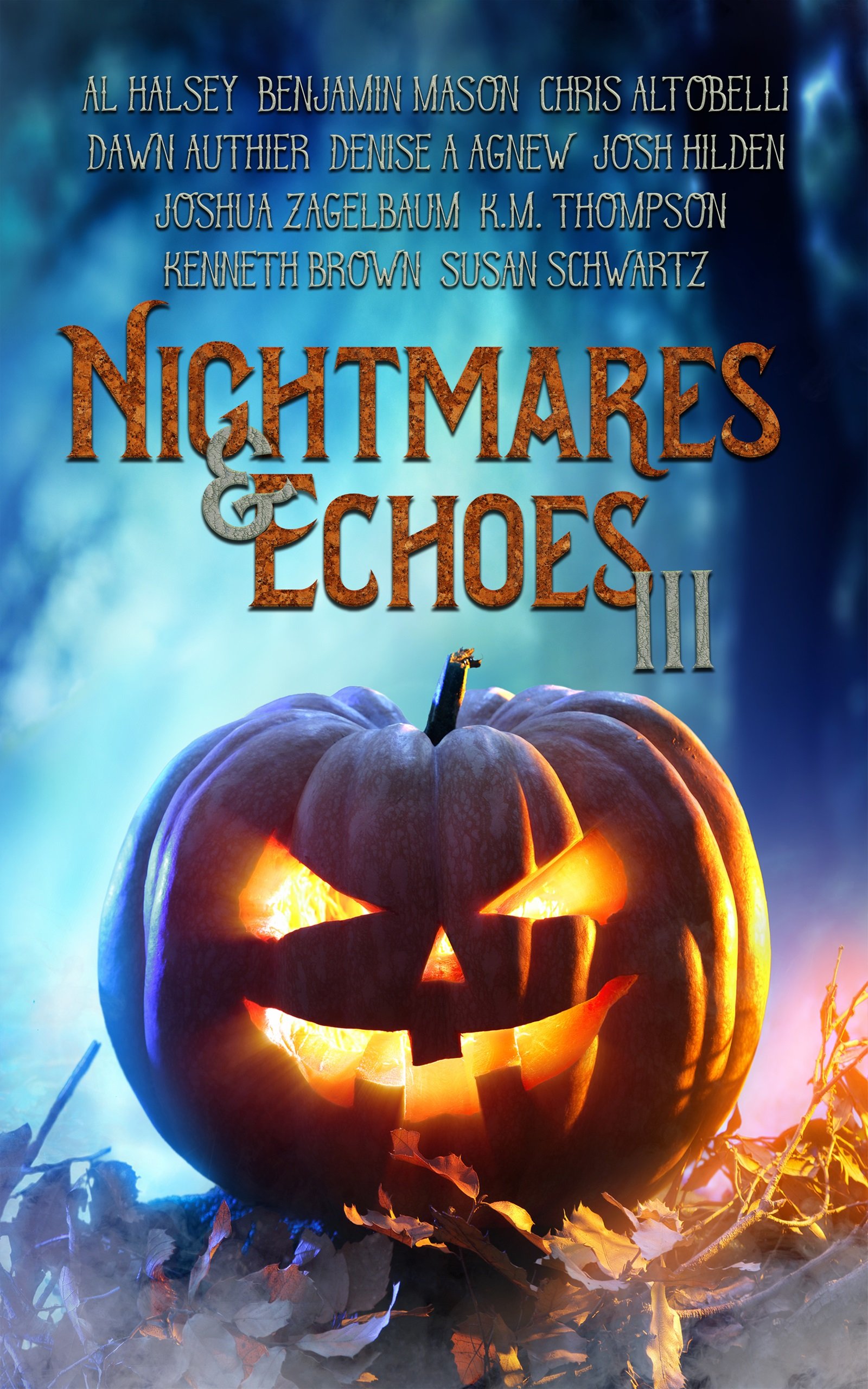I’m a Bisexual Part 6: “Seeing Me on the Other Side of the Screen?”
/
“I've kind of made Jack a hero that I would like to have looked up to as a little boy because as a little boy, I knew I was gay but I didn't know what it was. Didn't know who to talk to about it. … I wanted kids to like him, and I wanted women, men, I wanted everyone to like him. But first I wanted people to hate him. I wanted them to think he was arrogant and pushy and too sure of himself. And I wanted them to follow the arc of the change he went through in the final episodes of Doctor Who.”
- John Barrowman
There was a time when I was young and still filled with naivety that I wondered if I was the only person like me in the world. I was born in 1976 and did my formative development in the 1980’s and early 1990’s. In those days the image of the straight, white, Anglo-Saxon, Protestant (and occasionally Catholic) families in television and movies was the order of the day. Oh there were exceptions to this rule (Good Times, The Jefferson’s, Benson, and Family Matters being some of them) but for the most part the depictions of non “Main Stream” America in entertainment was relegated to comedy and the exploitation genres, and in those depictions many of the characters were bumbling idiots at best and offensive stereotypes at worst. Yet I never saw me.
Many people have the same things to say about that complaint. They say well there are some depictions if you look hard enough. And that’s true. If you look hard enough you’ll find something and that’s as true of the LGBT community as the non white, non Christian communities. Although, to be fair, there were far less of them on the screens.
Jodie Dallas
For instance there was the Billy Crystal character (Jodie Dallas) on the sitcom SOAP. He was an extremely femme, and admittedly very funny, character and was groundbreaking in the portrayal of an LGBT character in prime time. In retrospect it was an offensive character, not as bad as early black face but still bad. Also Billy Crystal’s recent comments on the LGBT community have done a lot to tarnish what WAS good about the character.
But in the end Jodie Dallas, while openly, if stereotypically, gay went part of the way to giving someone to identify with it was still only a half measure, or maybe it was only a third of a measure. The first, and least important, thing is I’m not femme. This is not to say I have any problems with femme guys, it‘s just not me. The second, and most important, difference was… Jodie is gay and I’m not. That’s not a closeted statement, I’m as much a member of the LGBT community as anyone else but I’m not gay, I’m bisexual. Let’s take a second to be very clear on the matter, this is NOT me saying I’m better than a gay man.
*Side Note: I mean for fucks sake how can people actually make accusations like that? Being Bi is just different than any other sexual orientation, just like every other orientation is likewise different from the others. It’s just the way we’re wired people. Get the fuck over it and move on!
So while there were things about Jodie Dallas I could look at and say, “Okay maybe I’m not such an abomination and a freak” they were few. In the end I was left more confused by the depiction of a non heterosexual man. I didn’t understand it and I had no context to put it in and no person to talk to about it.
I was alone.
Jodie Dallas is a fictional character from the 1977 American situation comedy Soap. He was played by Billy Crystal. The son of central character Mary Campbell, Jodie works as a television commercial director. Jodie was among the first gay characters on American television. Despite being gay, Jodie fathered a child through a one-night stand and many of his storylines throughout the series centered on his involvement with women. Jodie had relationships with two other women but maintained throughout the series that he was still gay. The series ended with Jodie, as the result of hypnotherapy, believing he was an elderly Jewish man.
Jodie Dallas was a source of controversy for the series. Religious organizations disapproved of his sexual orientation, while gay rights groups worried that his portrayal would be stereotypical.
The Truth About Alex
Fast forward to 1987 and the United States was gripped in the AIDS scare. I’d spent years at that point being told AIDS was God’s judgment on the faggots (I was still very much a religious person at that point) and that they deserved what they were getting. I still knew people in my family at that point who referred to AIDS as GRIDS or Gay Cancer. Any gains the LGBT community had been making in the 1970’s and early 80’s were erased and pushed even further back by the AIDS epidemic.
I was living with my grandparents in Ohio at this point and to say I was a seething ball of hormones and confusion would be like saying Jennifer Lawrence looks good with a bow. Not only was I angry about my life and in the throes of puberty, I was a boy who was also attracted to other boys in the most conservative and fear mongering climate of my life to date. I wanted to be who I was and I hated who I was in the same moment.
I was well and truly fucked.
I started seeing advertisements on HBO for a movie called The Truth About Alex as soon as we moved in with grandma. The movie had been playing for about a year at that point and I’d heard about it on talk shows and the primitive entertainment news shows of the day. I remember there being significant controversy about the movie back in the day and more than a few people I knew spent a year or so making “Chachi is queer” jokes even though, as I eventually learned, Scott Baio played the straight best friend to the gay Alex character.
I really wanted to see the movie… I was terrified to watch it.
Admitting to anyone in the family I wanted to watch it was out of the question. What if that leads them to realize I might not be normal? Taping it was not an option for the same reason, five of us lived in the house and they would know what I was doing. How could I see this movie and not give anyone a suspicion that I was not completely straight?
There was really only one option.
I looked in the TV Guide, remember when that was a relevant thing, and located when the movie would be showing. I found one on a Saturday in the middle of the night. So a week or so later like a home invasion artist I snuck downstairs, put the volume on low, and with my heart hammering whenever the house made a noise I watched the movie.
It was okay.
Don’t get me wrong it was a ground-breaking flick. It was the first more or less realistic portrayal of a LGBT teenager, or adult for that matter, I’d ever seen on television or in the movies. But tell the truth and shame devil, it’s not a great movie. That being said it has a close place in my heart because it showed me that gay people are just people.
Still, it only came two-thirds of the way to showing me someone like me.
The Truth About Alex is a 1986 short made-for-television film. Based on the book Counterplay by Ann Snyder, The Truth About Alex tells the story of Alex Prager, a high school student who is inadvertently outed as gay and the difficulty his best friend Brad has in coming to terms with it. The telefilm stars Scott Baio as Brad and Peter Spence as Alex.
The film is a Canadian-American co-production, airing in the United States on HBO. The Truth About Alex received a 1987 Gemini Award for Best Short Drama and one for Best Photography in a Dramatic Program or Series and was nominated for two additional awards. The film also received a CINE Golden Eagle Award.
Chicago Red
This is going to be a very short mention. I almost didn’t include this because it’s not a very well known piece of fiction, but it was and is important to me. I know this one might not interest anyone so I’ll do my best to keep it short and to the point… at least for me at any rate.
I found Chicago Red in a used book store on Wayne Road in Michigan in 1993. It’s a fun post apocalyptic book and the first one I ever read where the apocalypse was caused by climate change. The story, for the most part, has nothing to do with the LGBT community… almost.
There is a sub story in the book, like a C or D level story, involving the main antagonist, Brigadier Tow, and his aide de camp. In the book Tow, is a cold bastard, very much a sociopath, who finds himself not just attracted to his aide but falling in love with him. There are poignant scenes of their interaction where he tries and fails to fight his emerging feelings. The best of them is an impromptu snowball fight between them. There is very little to no salacious scenes with them, instead it’s all about the emotions and I loved it.
I read Chicago Red during the turmoil of my one serious boy with boy relationship and it went a long way towards making me feel right about it. I know how that sounds, a genre piece of science fiction helping to stabilize me, but it’s true.
It wasn’t me on the page but it made me feel really good.
America had been free, a democracy. But now Edward III was king, and America was a land with a small, wealthy elite and a vast body of peasants eking out their meager living in the countryside or preying upon one another in dangerous city slums. Edward's soldiers and especially his executioner, Brigadier General Tow, would see that this was exactly how life in America remained.
Only one man ever had the courage to speak out against the tyrant's rule - a man driven by the dream of restoring democracy to the land, only to become the martyr ignominiously hanged on Boot Hill. But from his death a new leader was born, a visionary young man not quite of this world, Chicago Red. His words would take action and be the spark to set the land ablaze with a new kind of revolution...
Captain Jack Harkness
I say this without any hyperbole. John Barrowman as a man, and especially in his iconic role as Captain Jack Harkness, made me not just comfortable with who I am, he made me proud to identify as a bisexual male. I am well aware of how it sounds but every damn syllable is true. The man gave me the confidence to be “Out loud and proud” in this world.
I was a moderate fan of the old Doctor Who series when I was younger. The episodes were shown semi regularly on PBS in Detroit and I saw a lot the Tom Baker (Fourth Doctor) episodes forward. When the show was relaunched in 2005 I didn’t have much interest. It wasn’t that I was against it—I just didn’t have a desire to watch.
Captain Jack Harkness changed all of that.
I started hearing about a character on Doctor Who that was awesome and openly bisexual without it being the reason for the characters existence. I was hesitant to believe it. In the years since I’d decided to stay in the closet and live my life, I watched more openness and acceptance of the LGBT community running concurrent with even more vitriol and hate. Yes there were more representations of us on TV and in movies, and too many times it was the modern equivalent of a minstrel show.
Finally I broke down and watched the new Doctor Who.
After watching the first two-part appearance of Jack in the Whoniverse I cried. Seriously I am not in any way ashamed to admit real tears rolled down my face. For the first time in my entire life I saw a representation of me on the screen. Okay, maybe not actually me but an idealized version.
Captain Jack Harkness is a hero. He’s a confident man with insecurities and weaknesses he hides behind a wall of humor. He does the right thing even when he’s afraid and wants to run. He is insanely loyal to his friends and loved ones, and death to his enemies. Jack’s sexuality is simply part of him, it does not define him.
I love him for that… also, damn he is sexy.
Captain Jack Harkness is a fictional character played by John Barrowman in Doctor Who and its spin-off series, Torchwood. The character first appears in the 2005 Doctor Who episode "The Empty Child" and subsequently features in the remaining episodes of the 2005 series as a companion to the series' protagonist, the Doctor. Subsequent to this, Jack became the central character in the adult-themed Torchwood, which aired from 2006 to 2011. Barrowman also reprised the role for guest appearances in Doctor Who in its 2007 series and 2008 series, as well as the two part special The End of Time.
In contrast to the Doctor, Jack is more of a conventional action hero, as well as outwardly flirtatious and capable of acts which the Doctor would view as less than noble. In the programme's narrative, Jack begins as a time traveler and former con man from the 51st century, who comes to travel with the Ninth Doctor (Christopher Eccleston) and his companion Rose (Billie Piper). In the 2005 finale however, Jack dies and is resurrected by Rose Tyler when she absorbs the immense powers of the time vortex. As a result of this, Jack becomes immortal and is stranded on 19th-century Earth. Here, he becomes a member of Torchwood, a British organization dedicated to combating alien threats. He spends over a century waiting to reunite with the Doctor, over which time he becomes Torchwood's leader. Eventually, he reunites with the Tenth Doctor (David Tennant) for several appearances in Doctor Who. Aspects of the character's backstory—both prior to meeting the Doctor, and during his many decades living on Earth—are gradually revealed over Torchwood (and to a lesser extent, Doctor Who) through the use of flashback scenes and expository dialogue.
Jack is the first openly non-heterosexual character in the history of televised Doctor Who. The popularity of the character amongst multiple audiences directly influenced the development of the spin-off series Torchwood. The character became a figure of the British public consciousness, rapidly gaining fame for portrayer John Barrowman. As an ongoing depiction of bisexuality in mainstream British television, the character became a role model for young gay and bisexual people in the UK. Jack is featured in various Doctor Who and Torchwood books and has action figures created in his likeness.
The Wrap up
There are many more examples of positive LGBT portrayals in movies and TV I could cite but these were the ones most important to me. Without these four examples, good and bad, I would have had a harder time identifying and accepting myself.
It may seem trivial to a normal straight, white, Christian male but those of us in a minority need to see ourselves in popular culture. It’s not arrogance or entitlement—it’s about feeling like we belong in our society. It’s really about knowing that our voices are heard and are not valued less than everyone else’s. It’s about knowing we matter. We’re not asking for preferential treatment we’re demanding the equality we are owed.
- Josh
